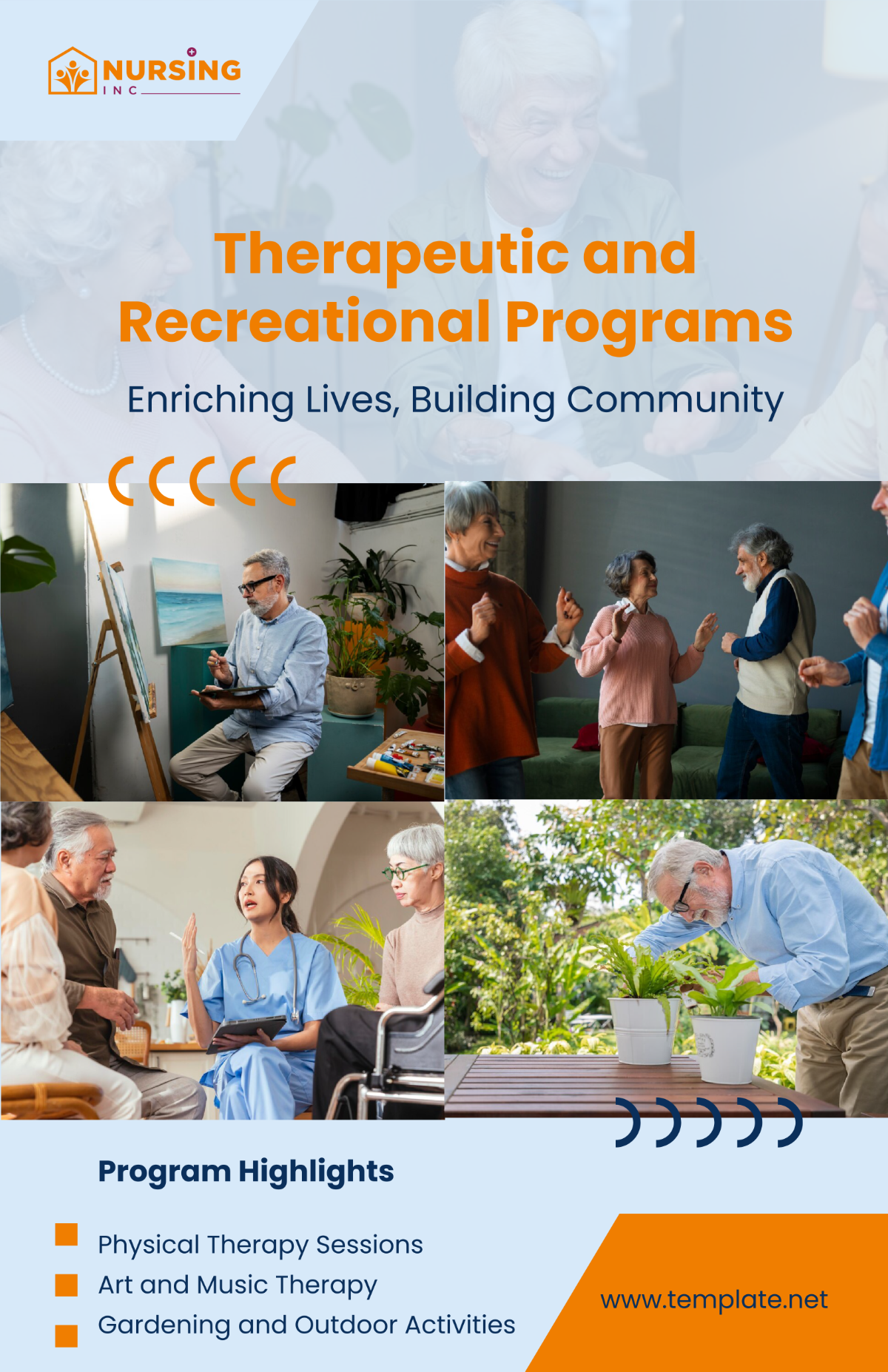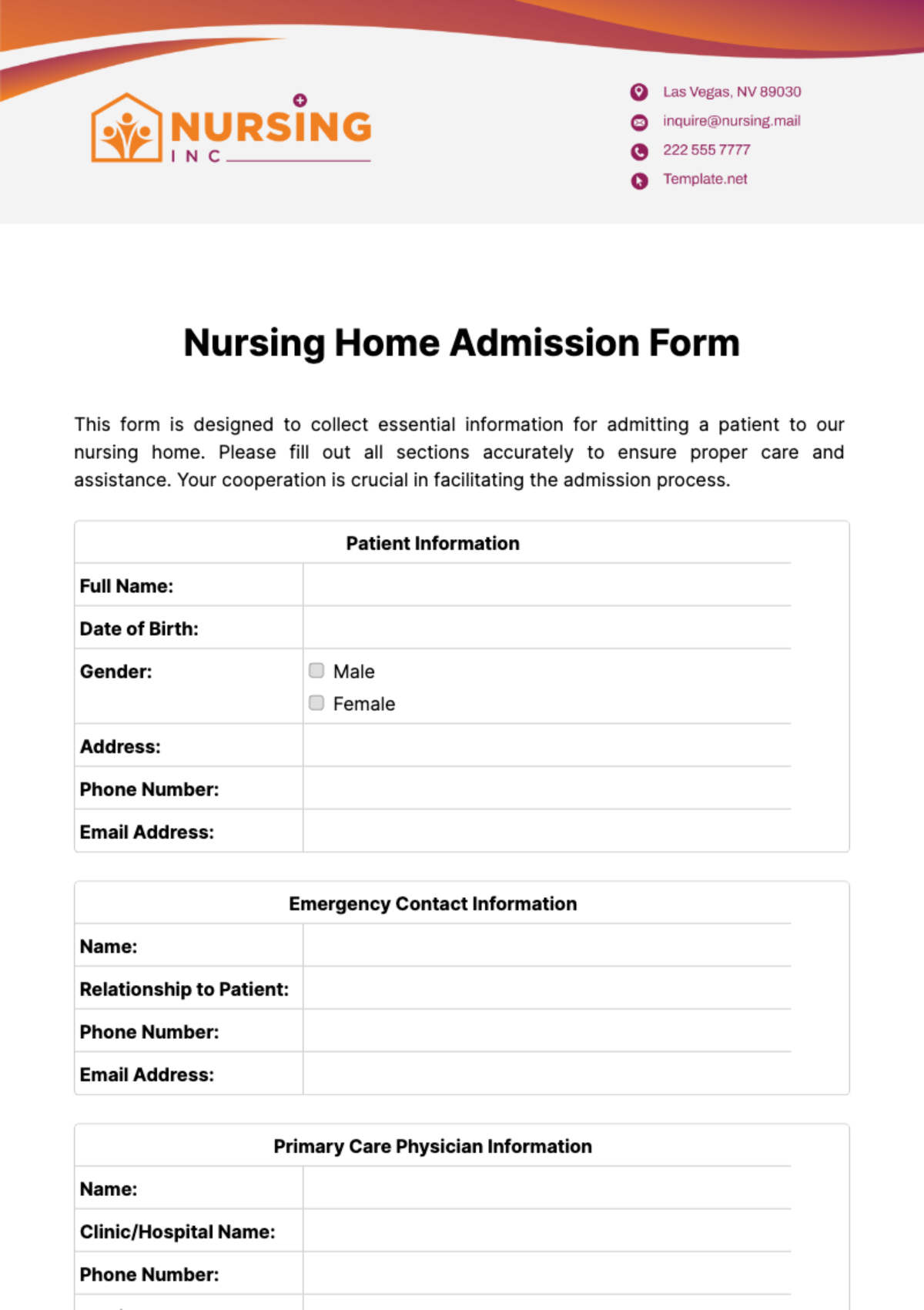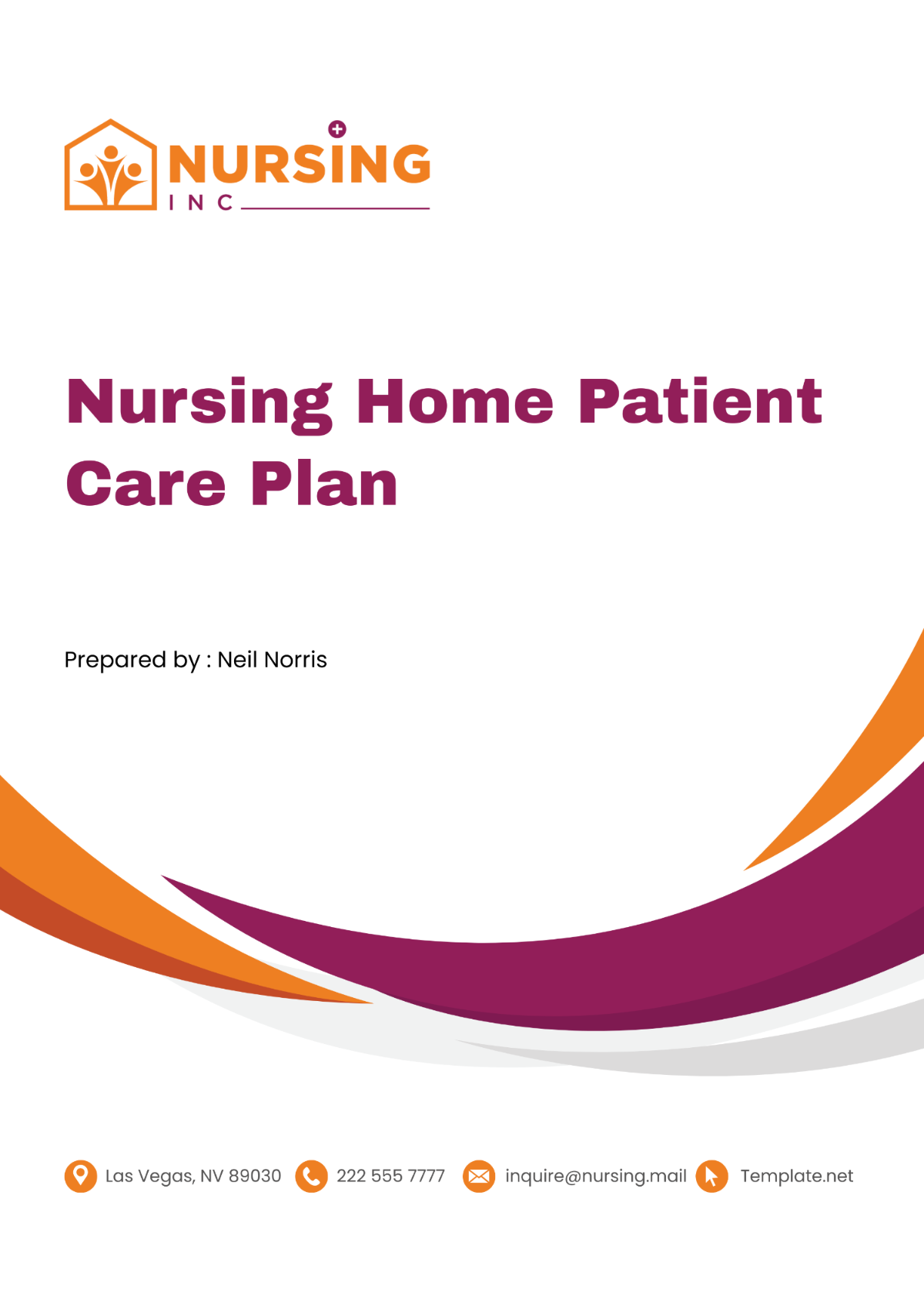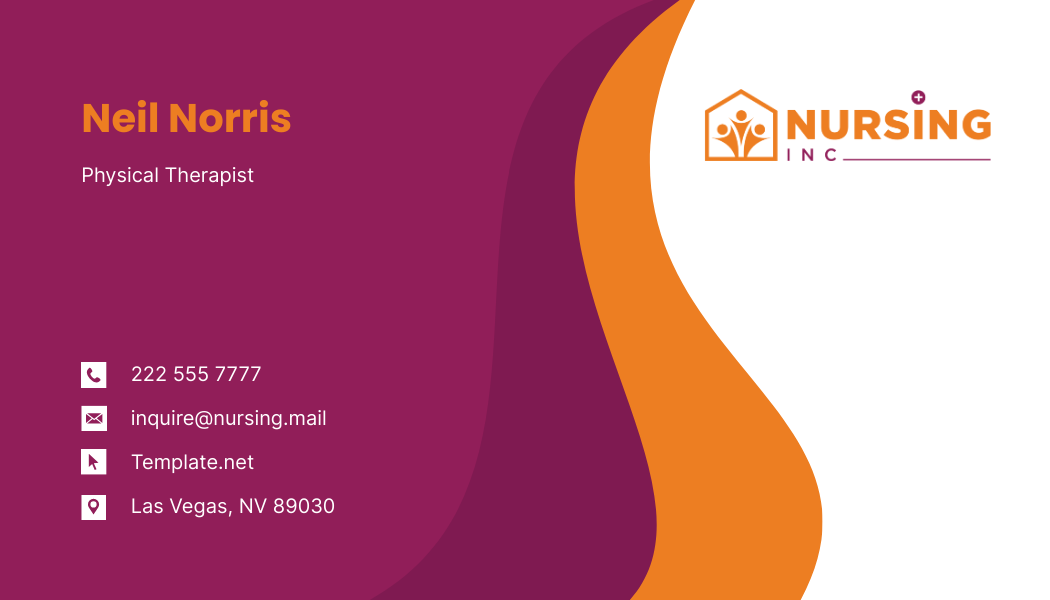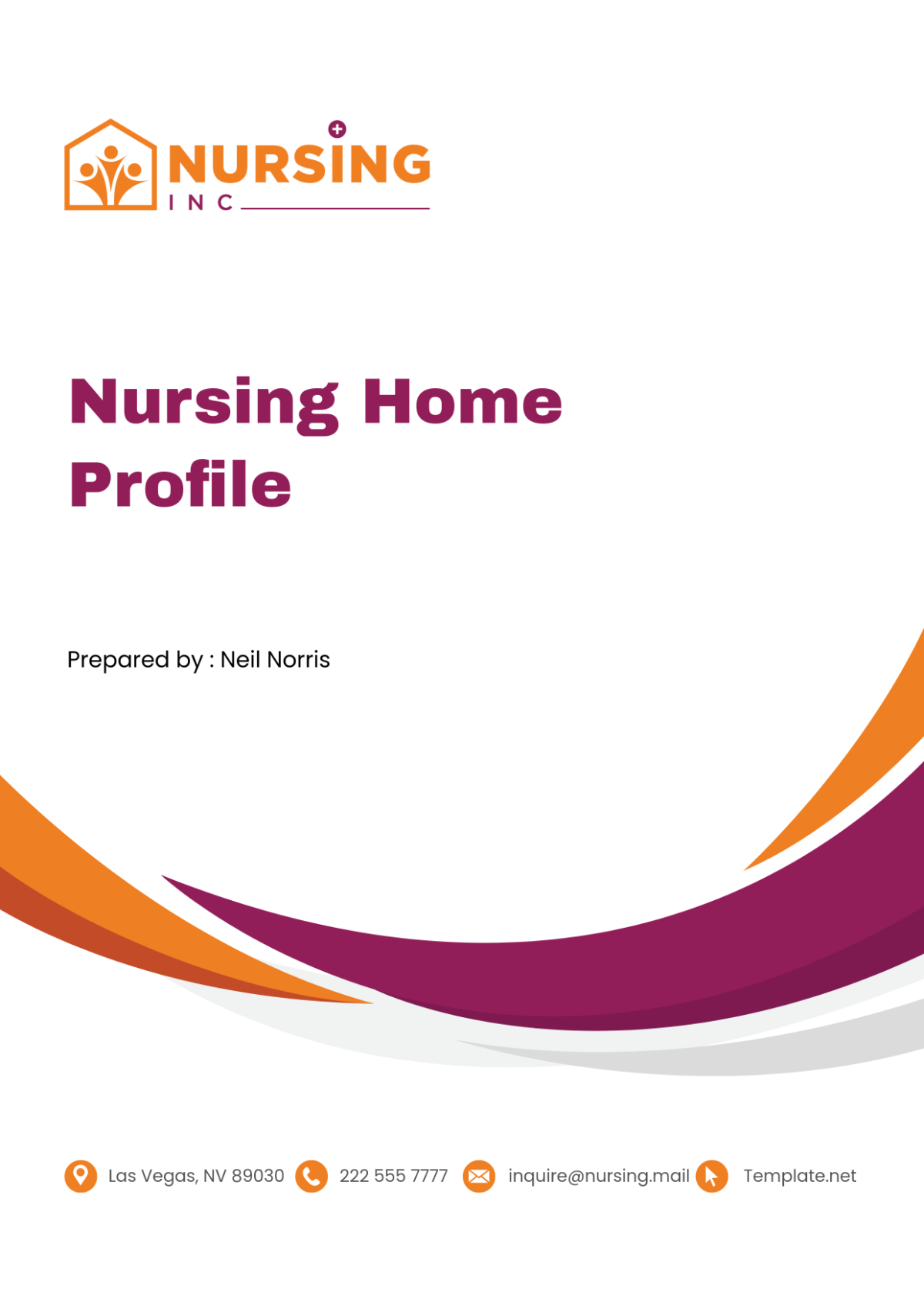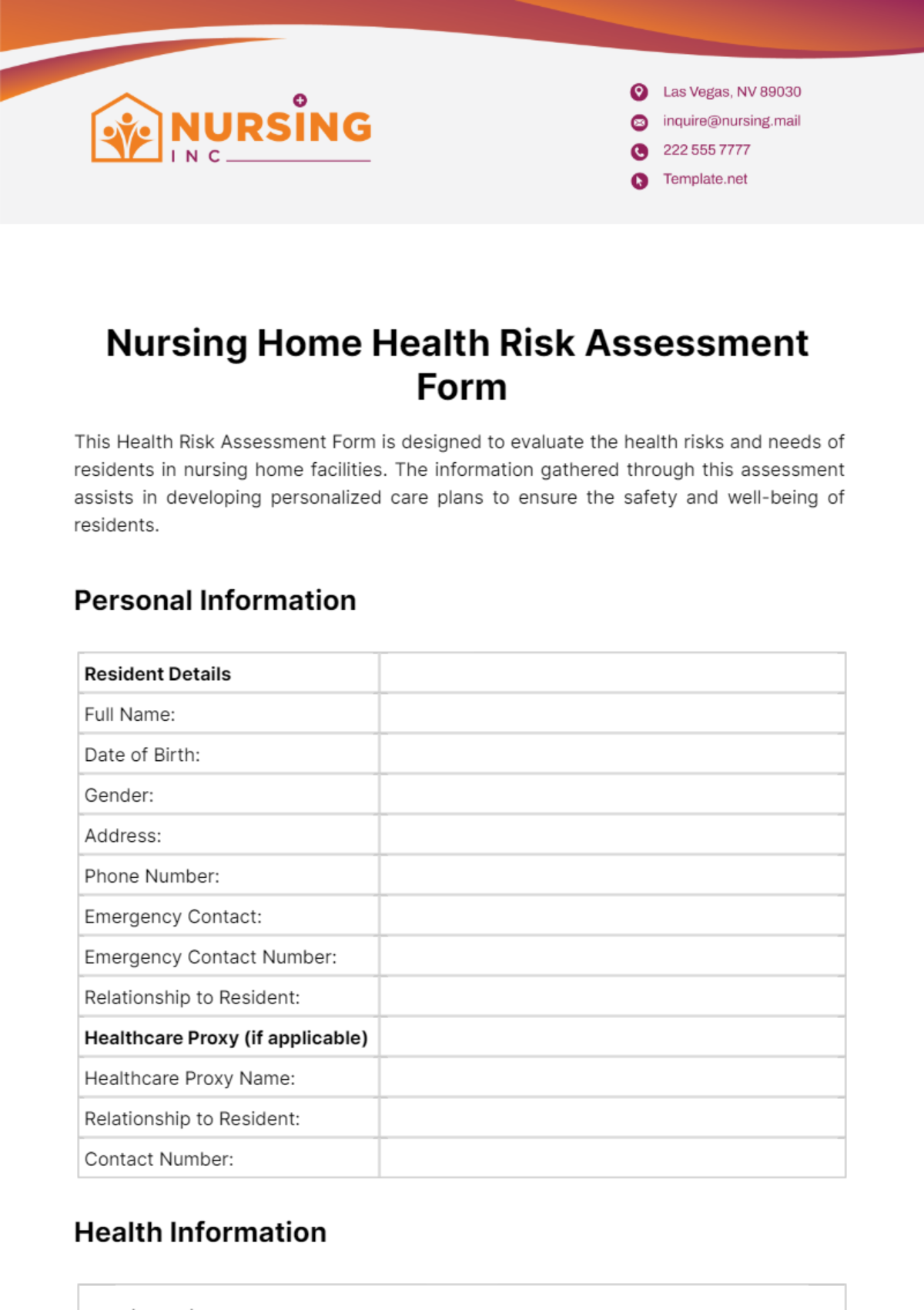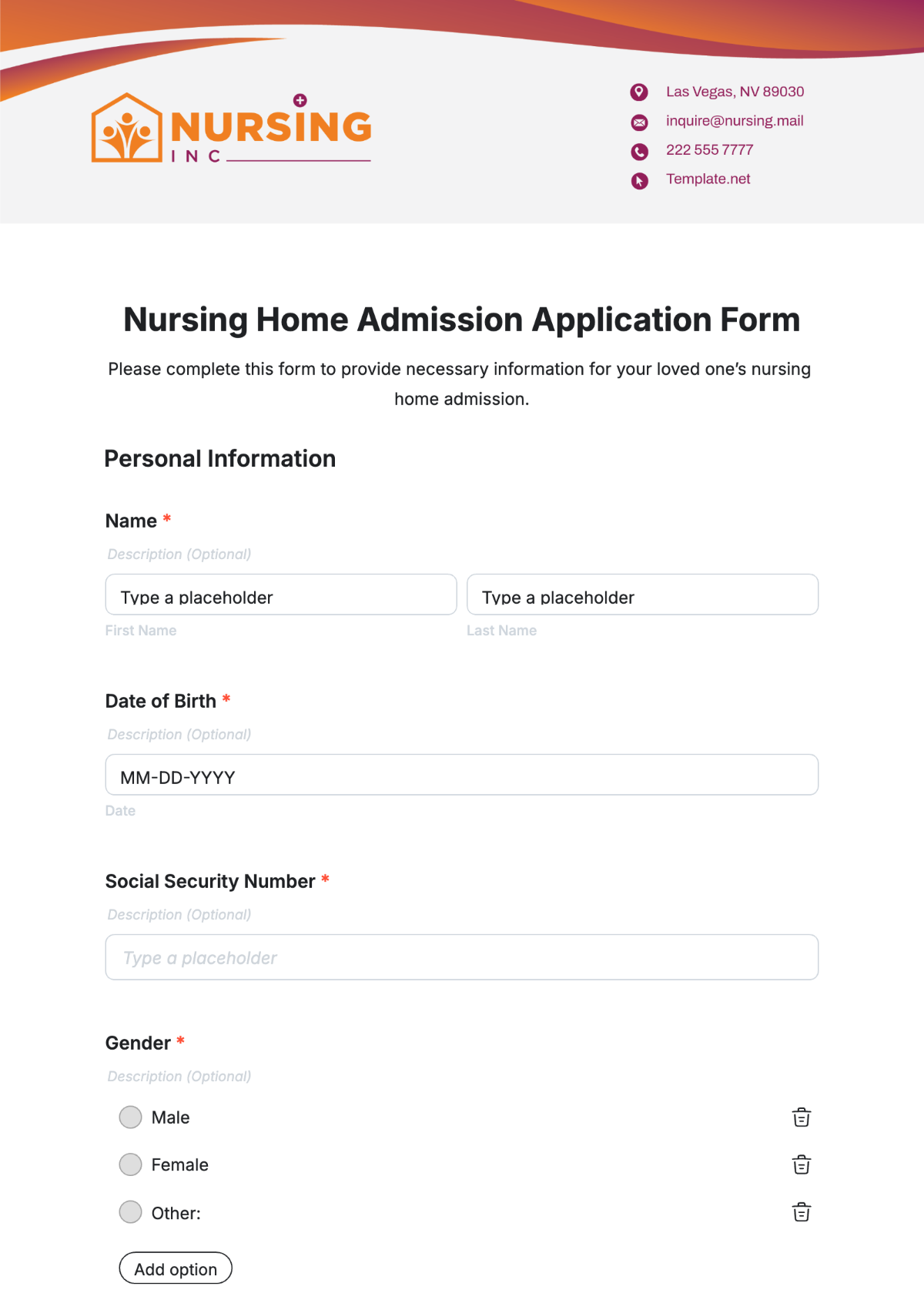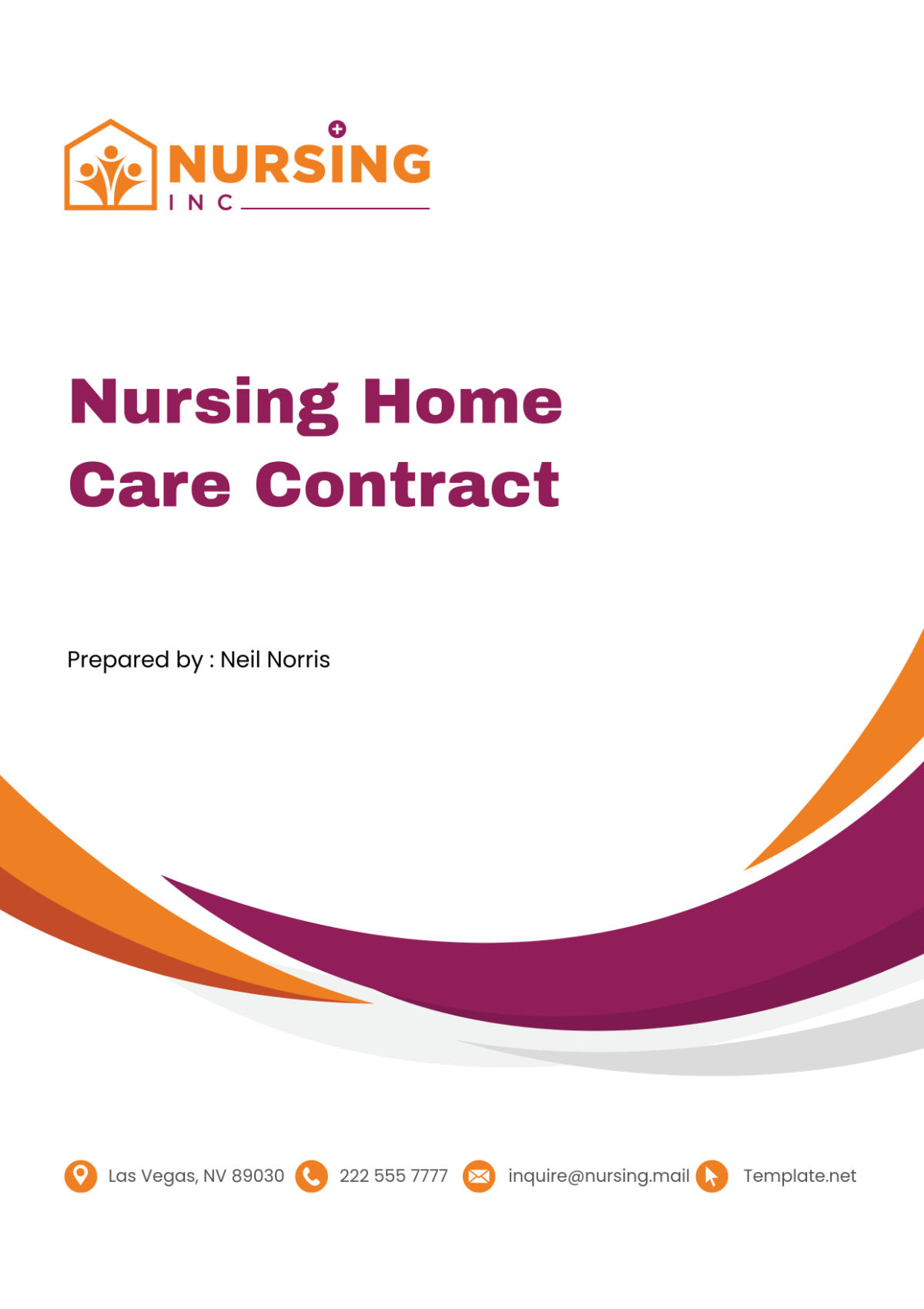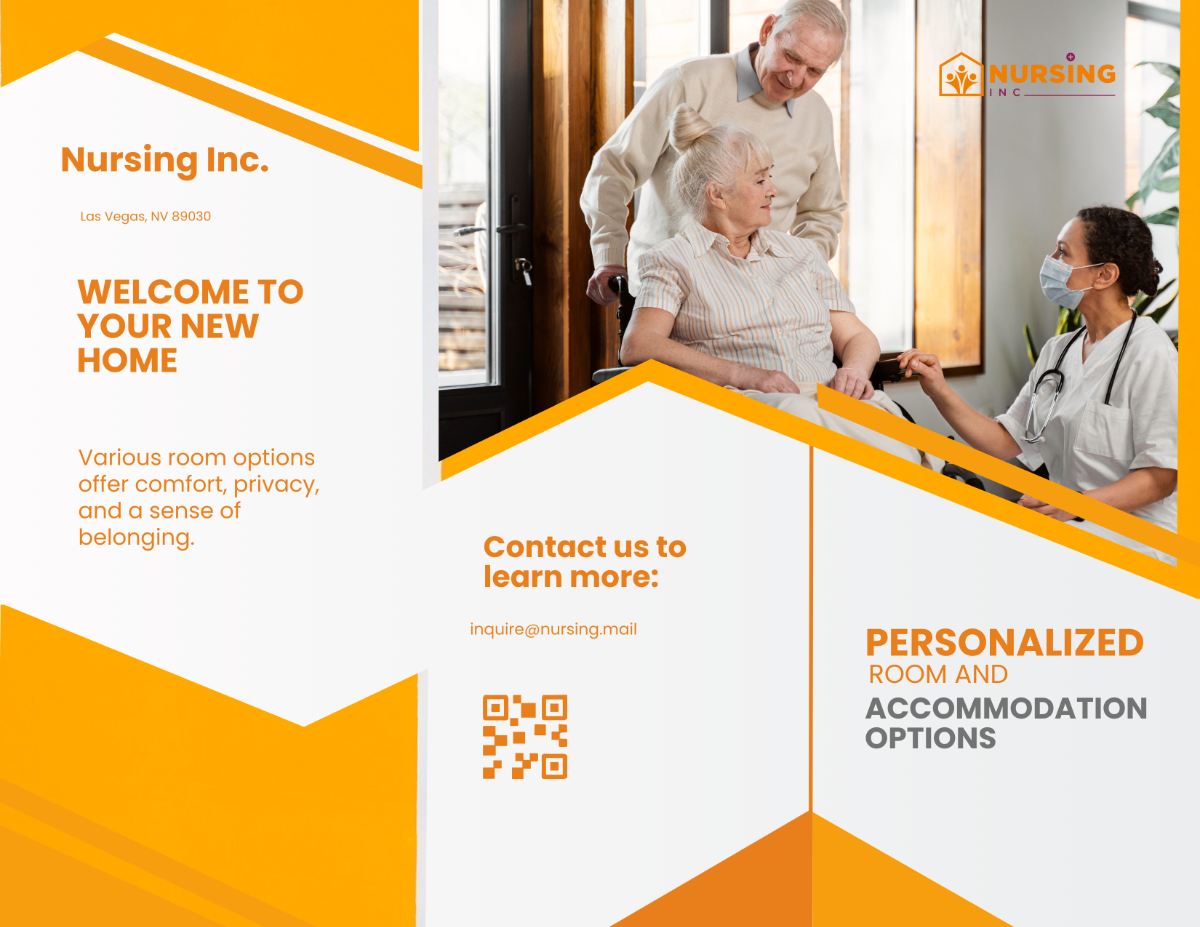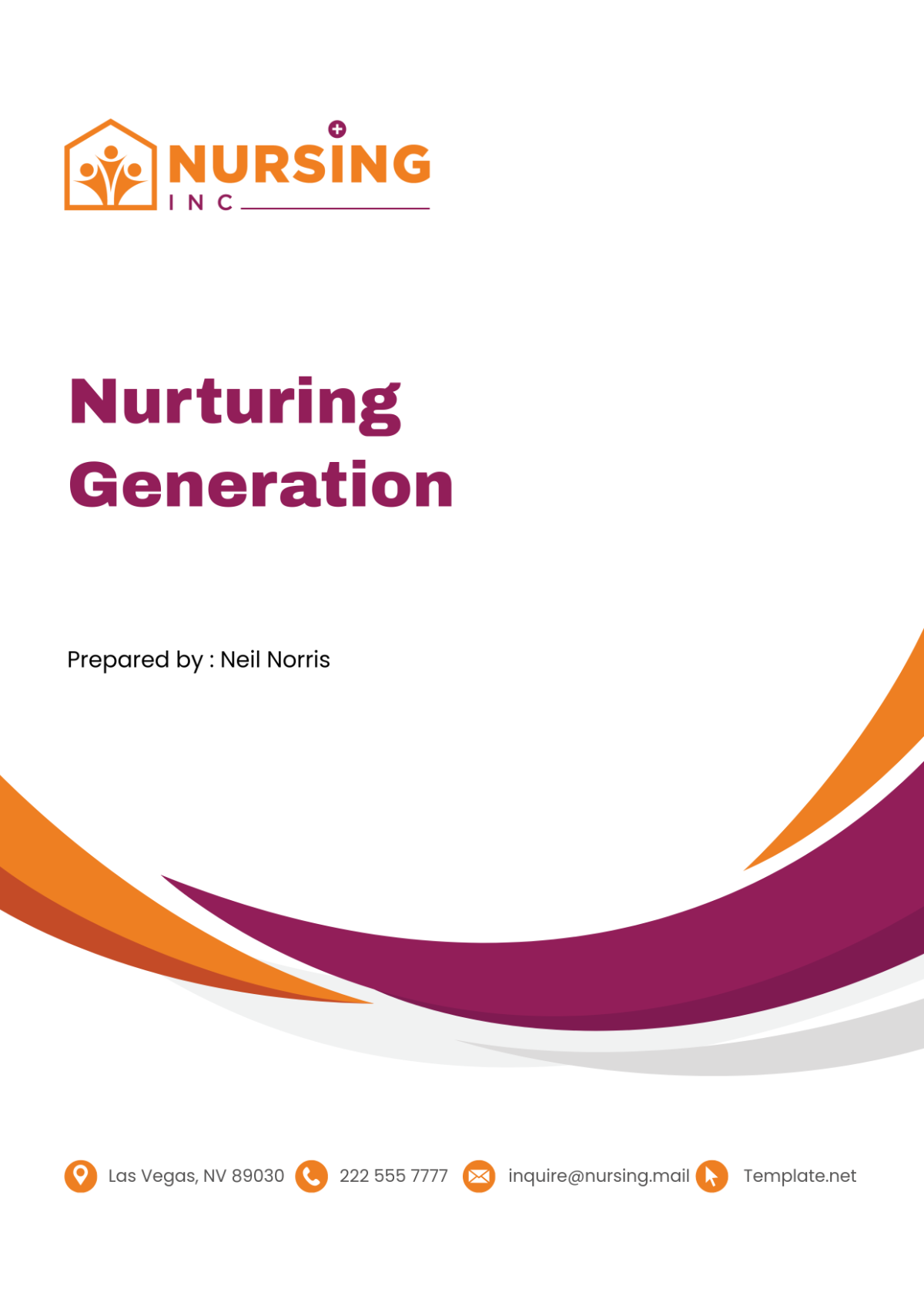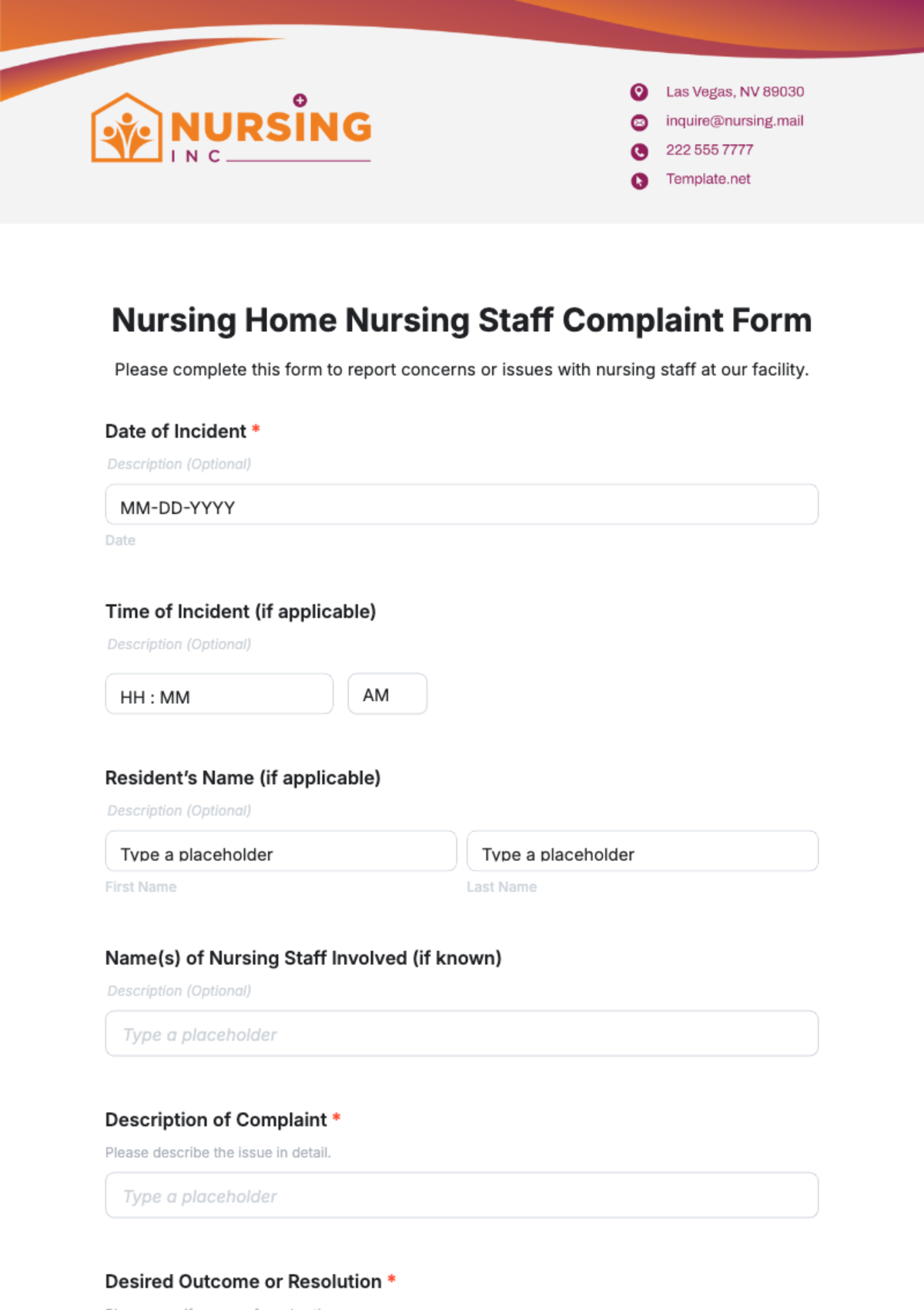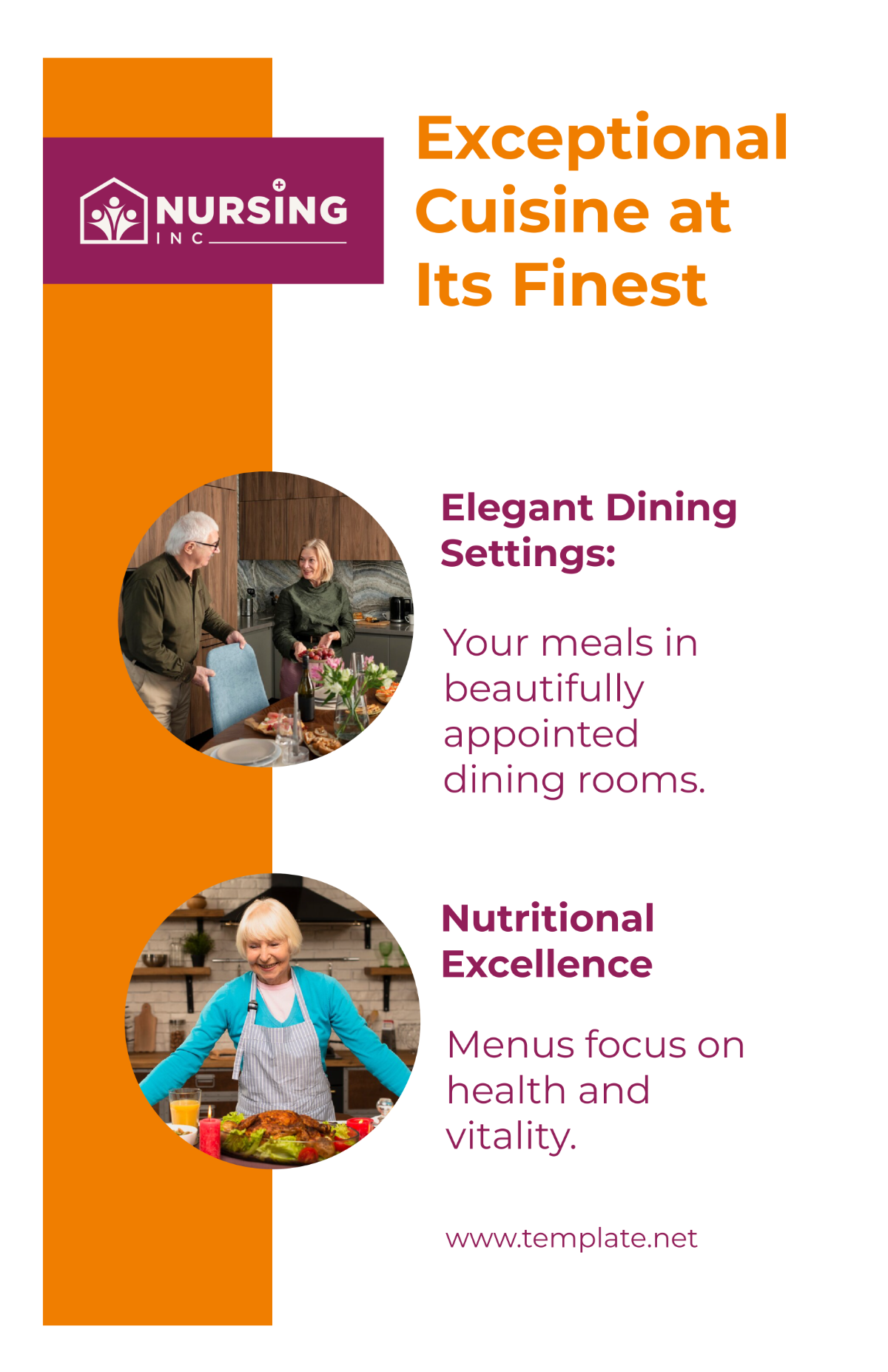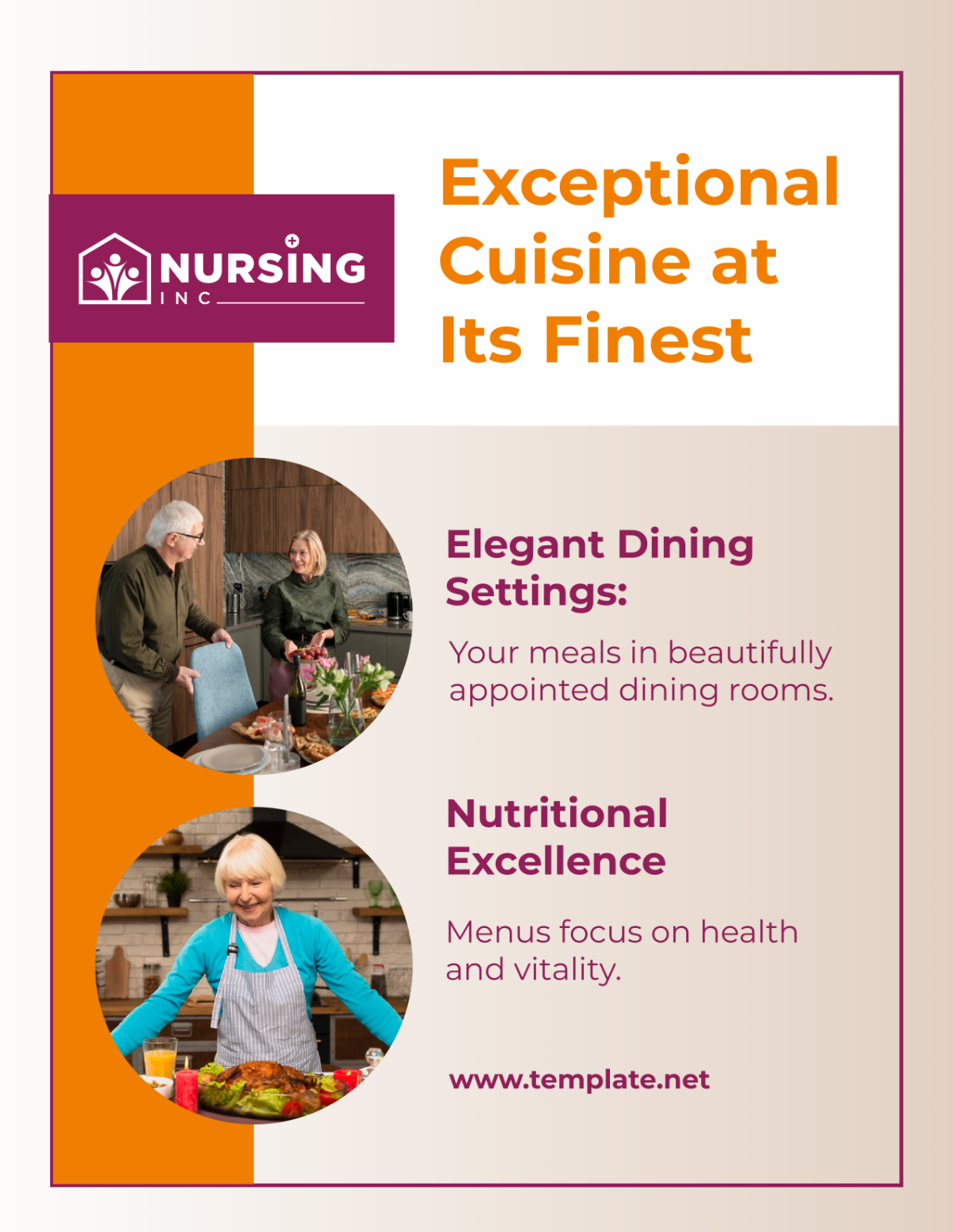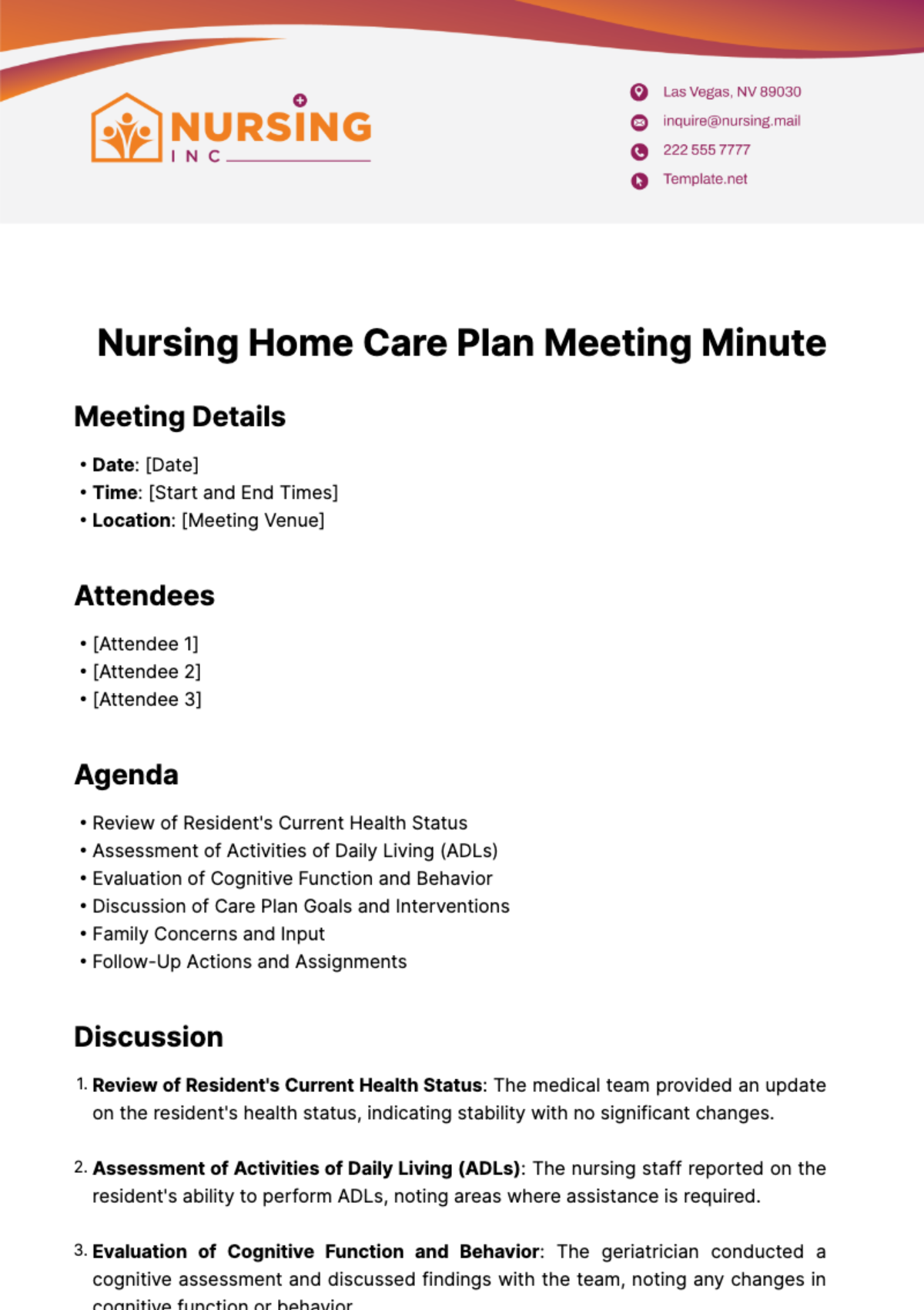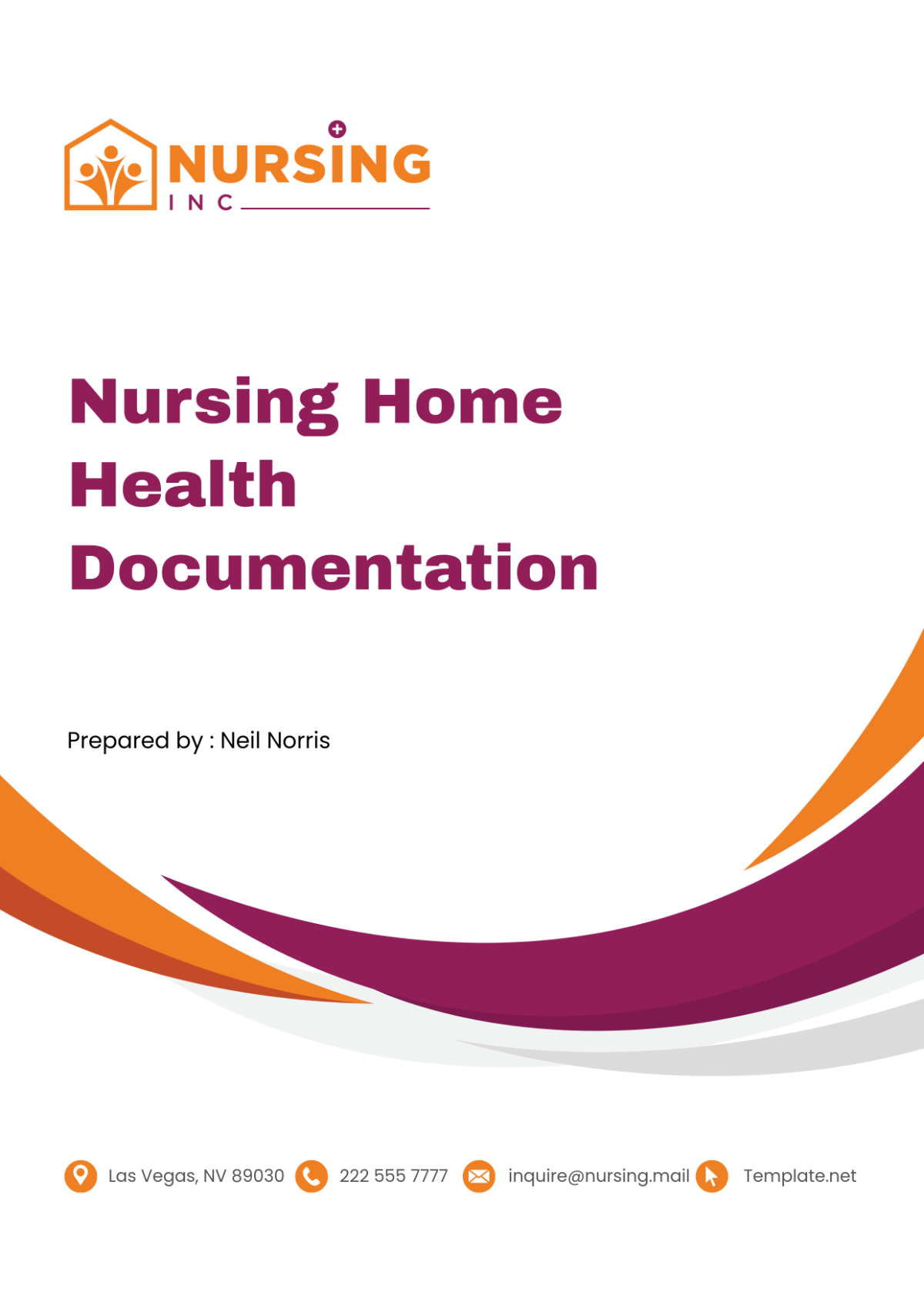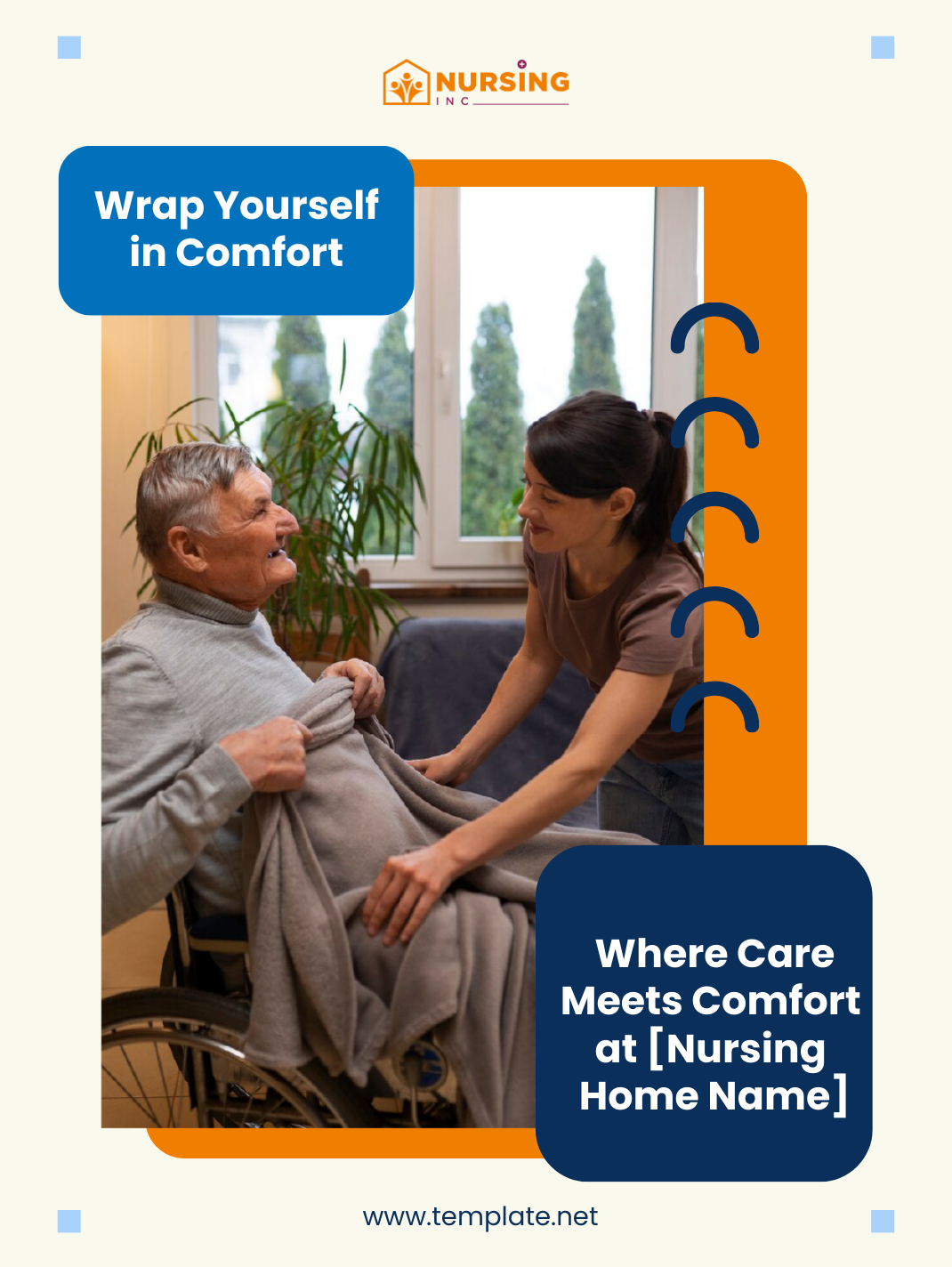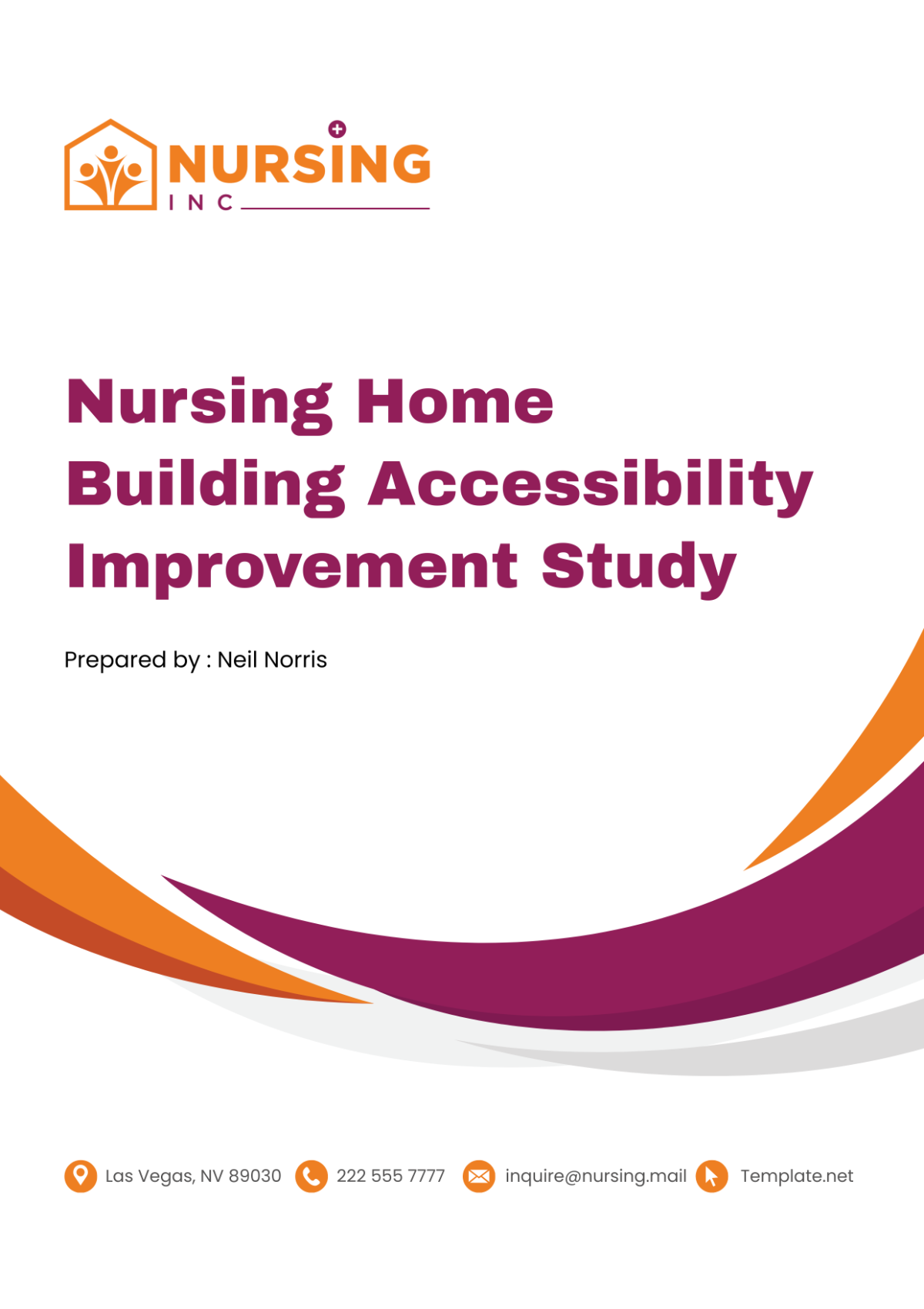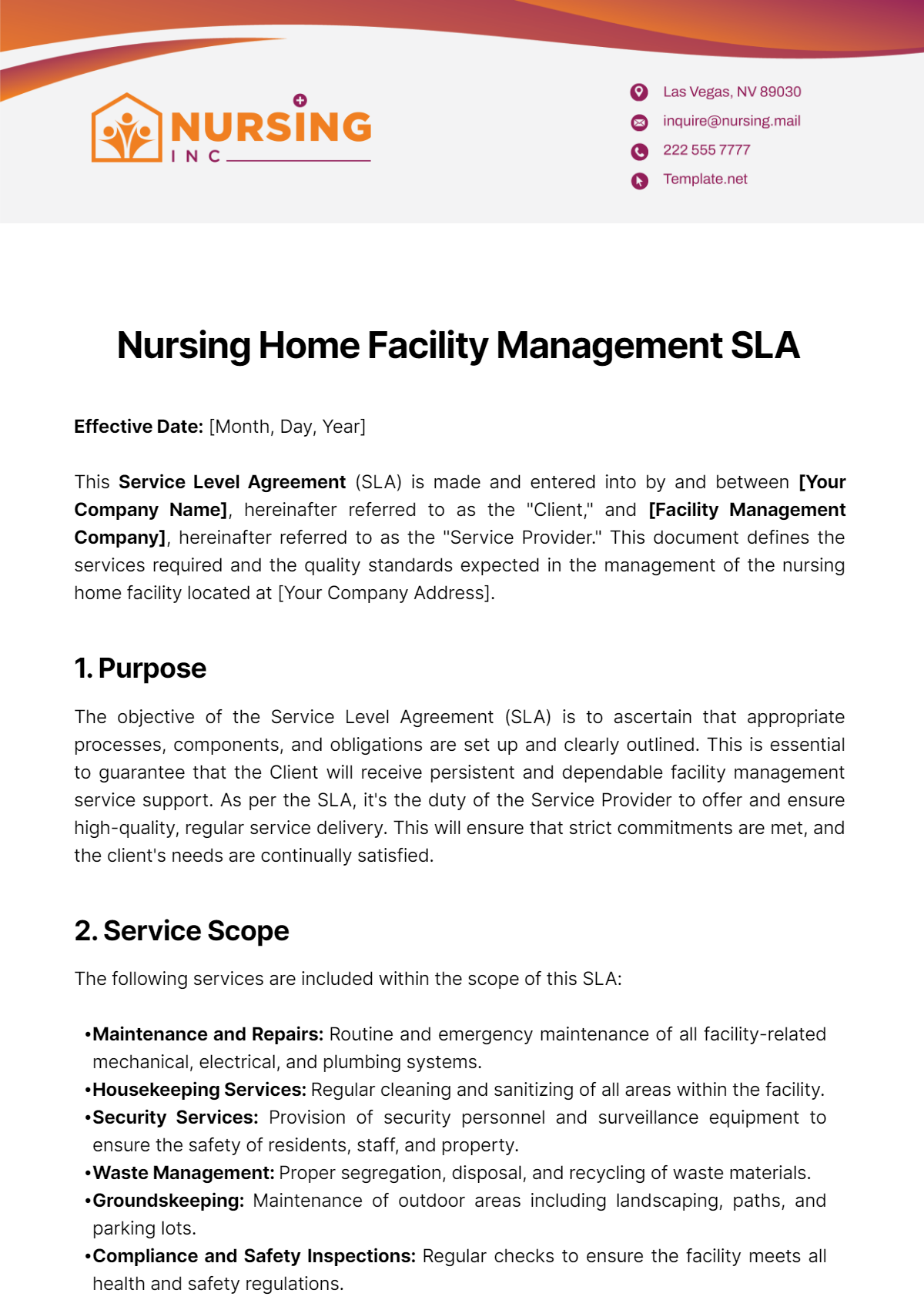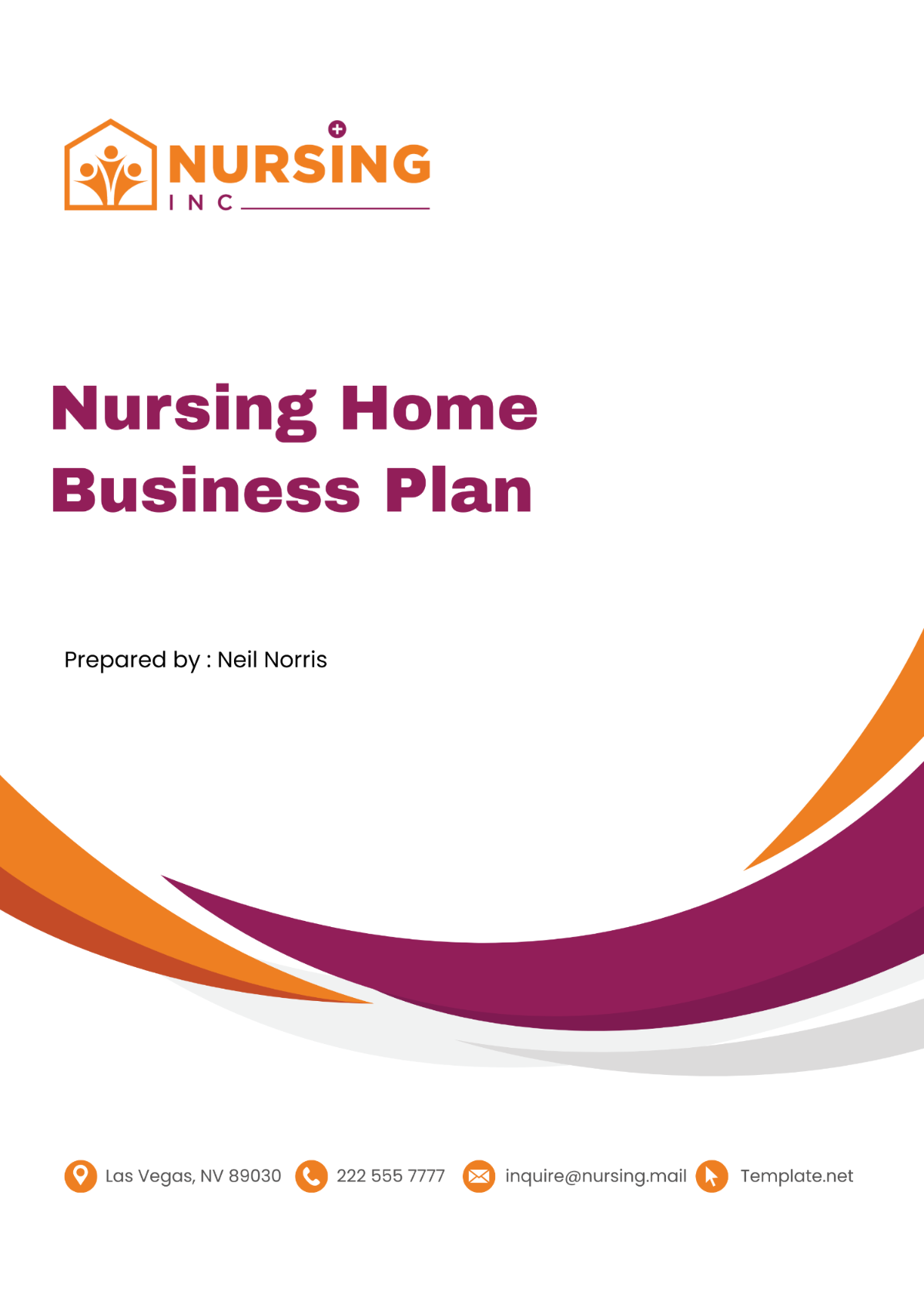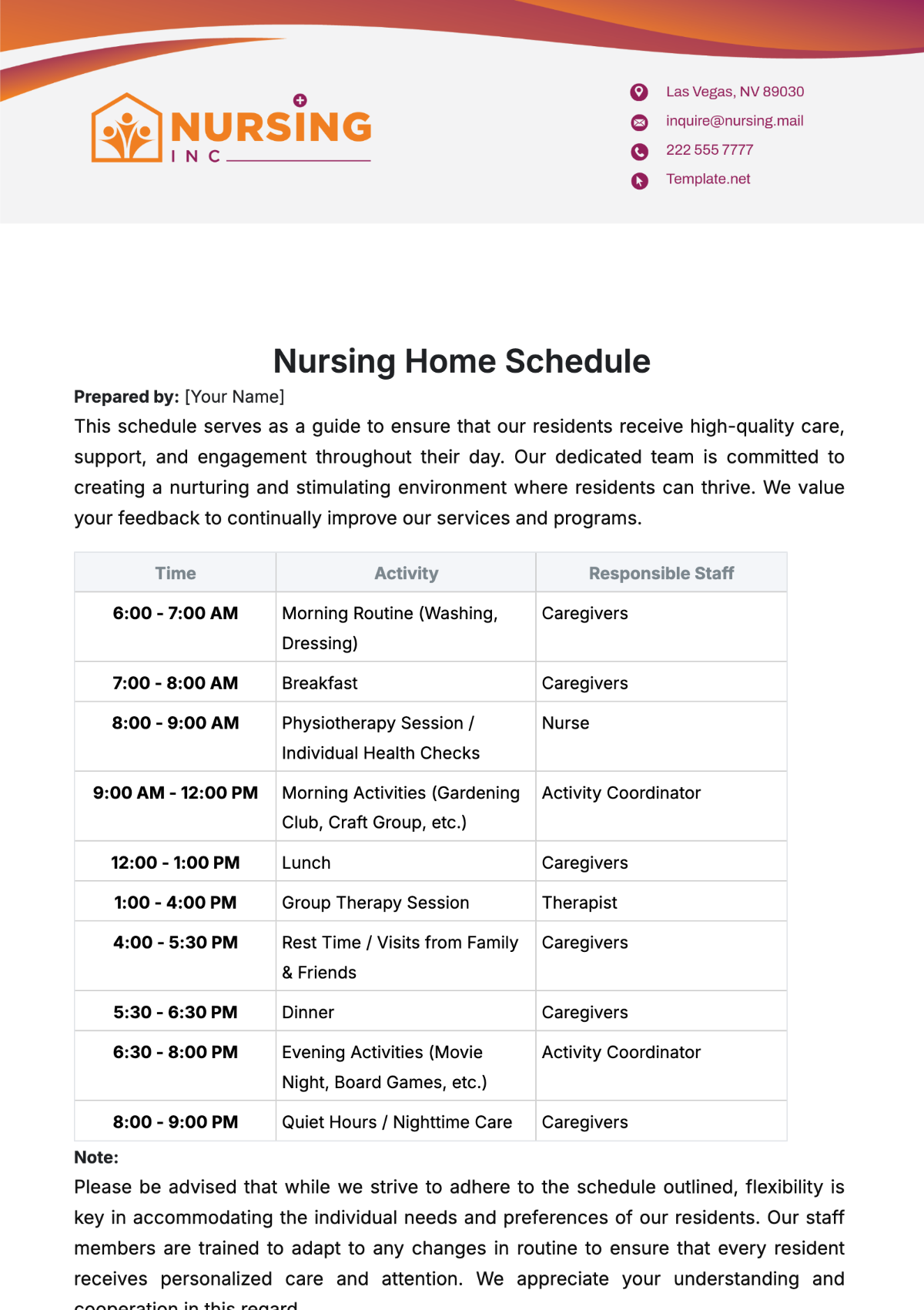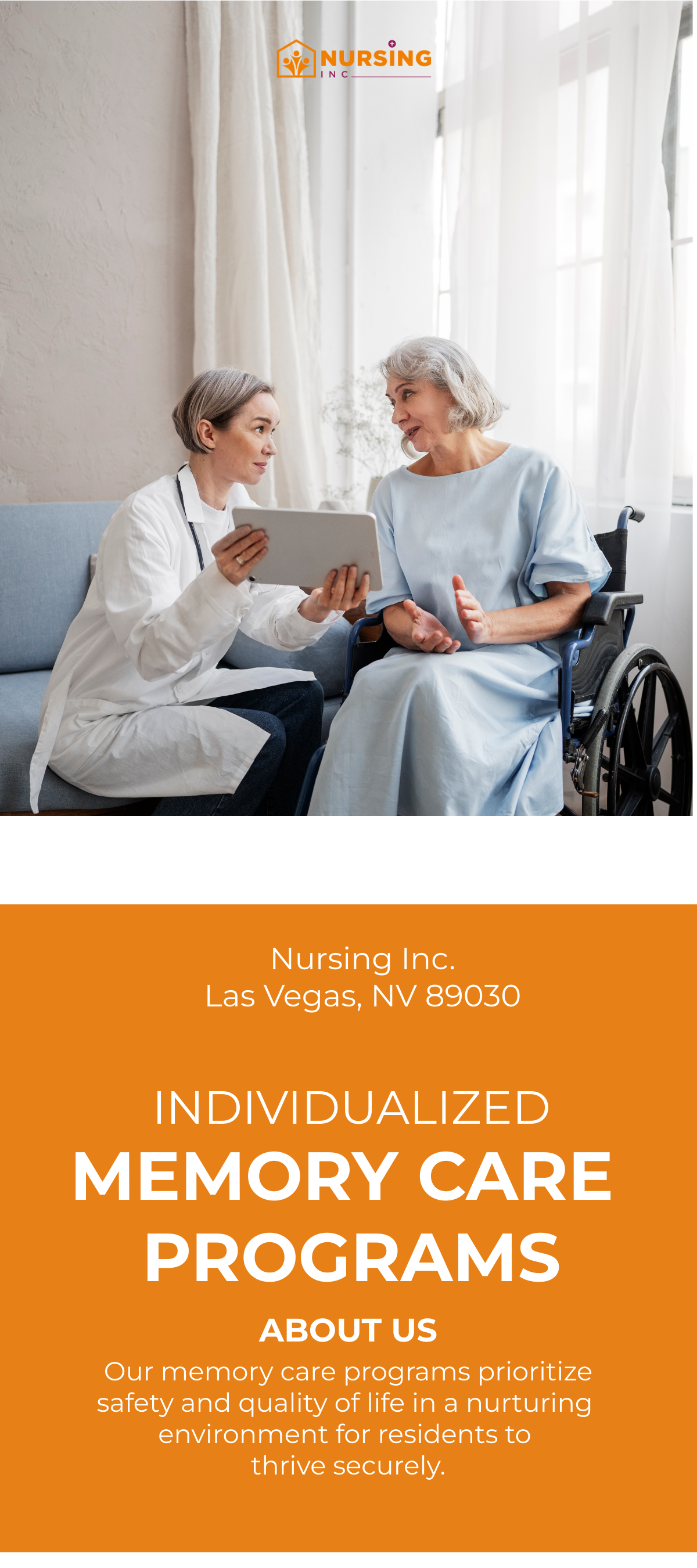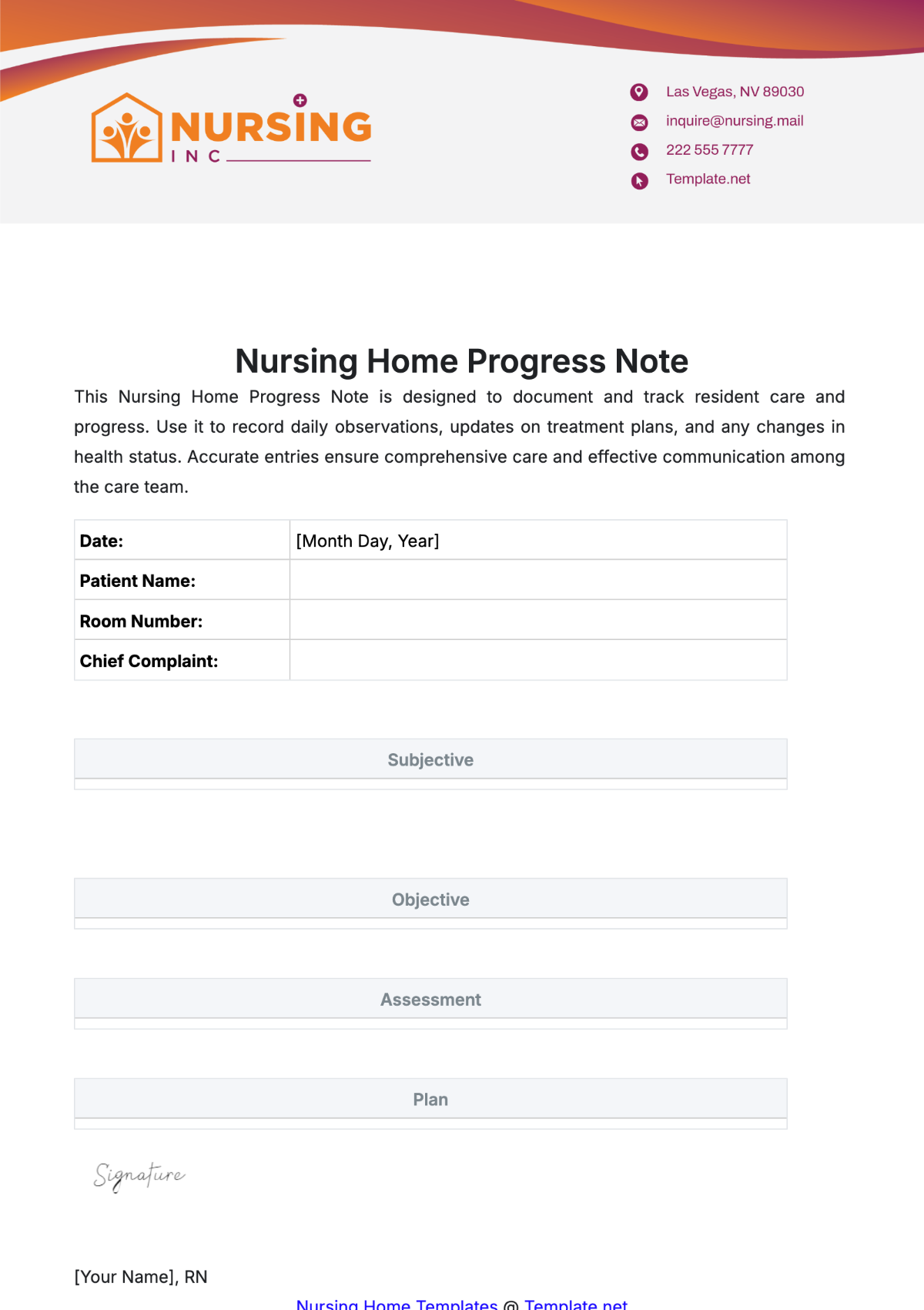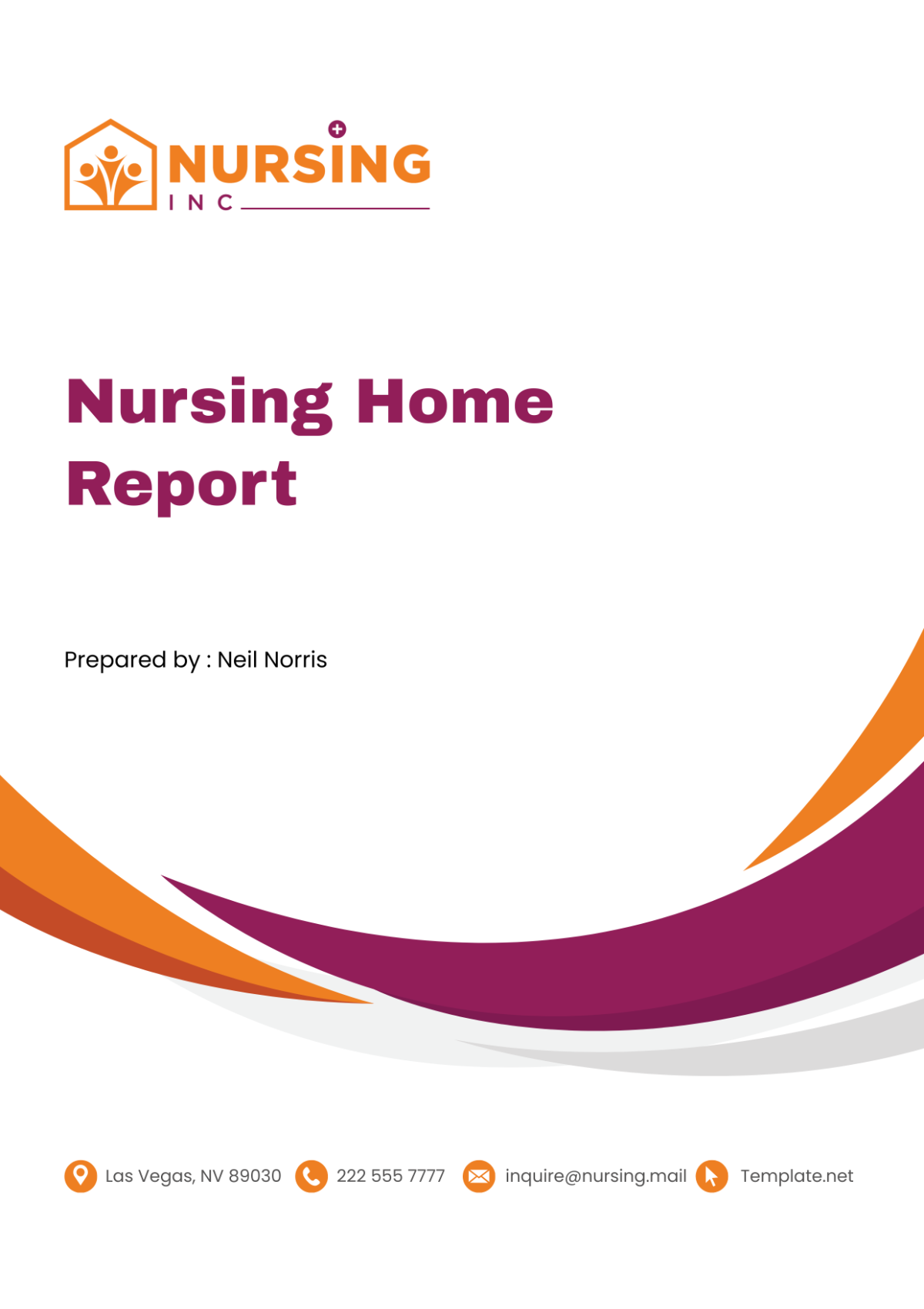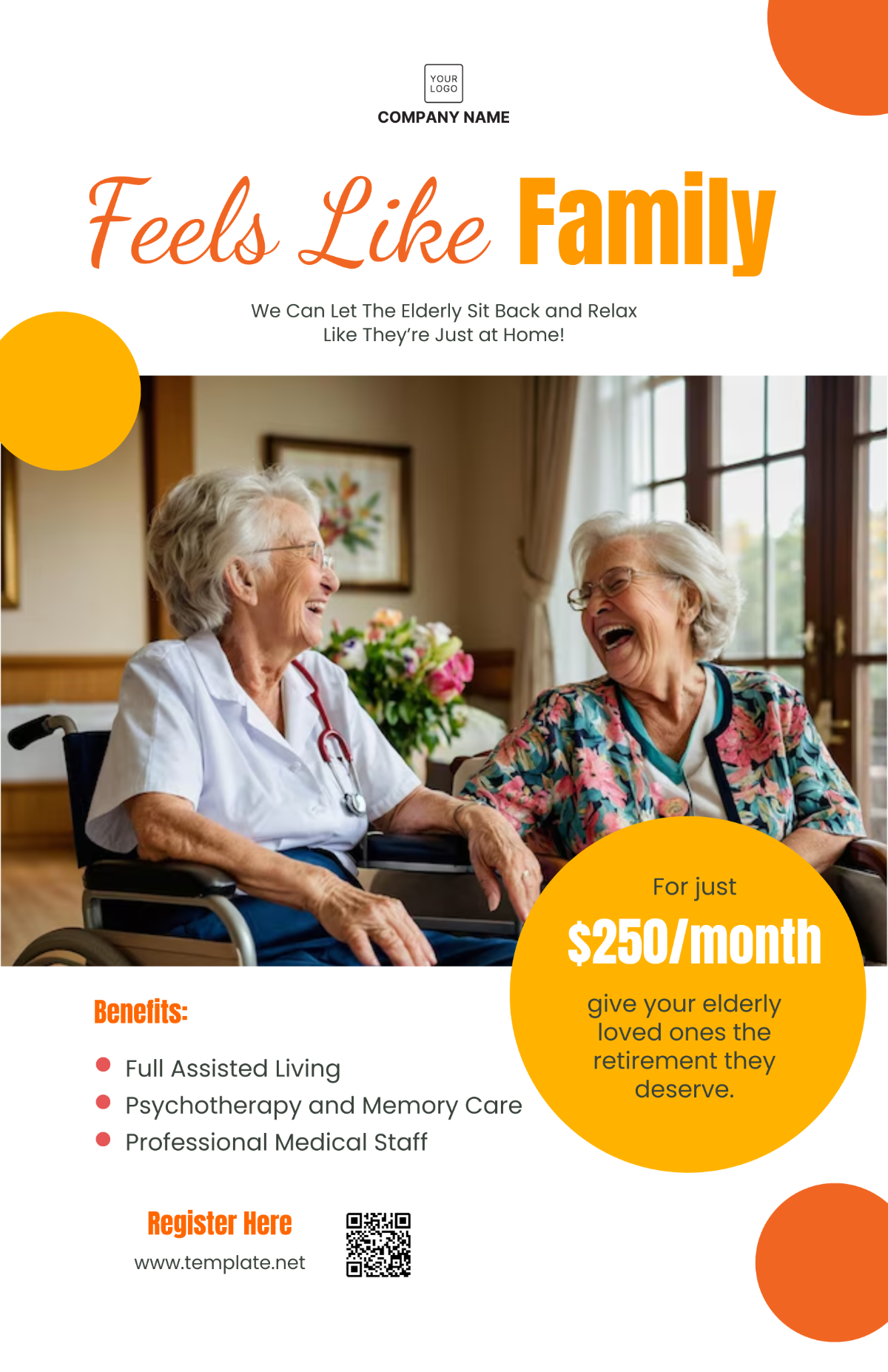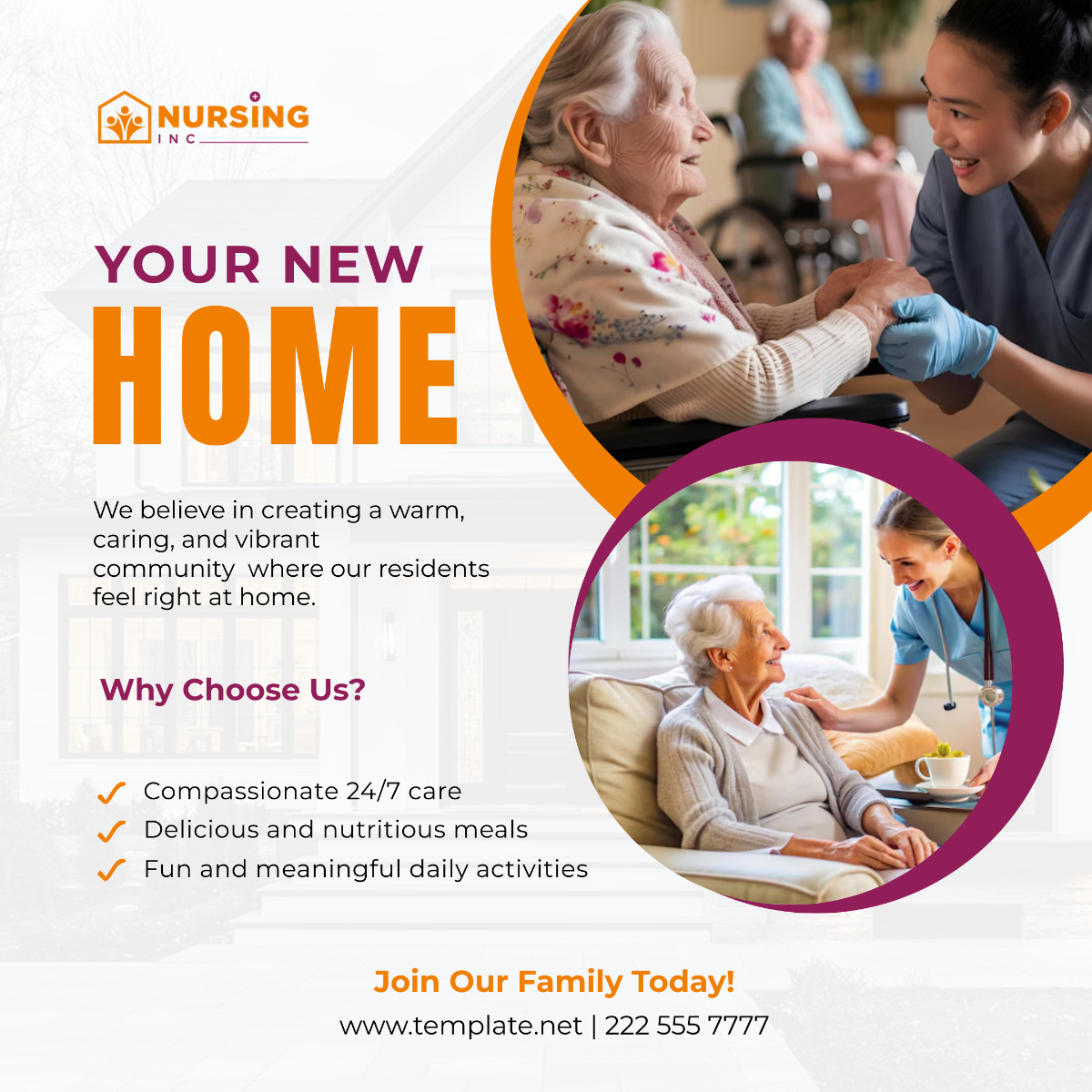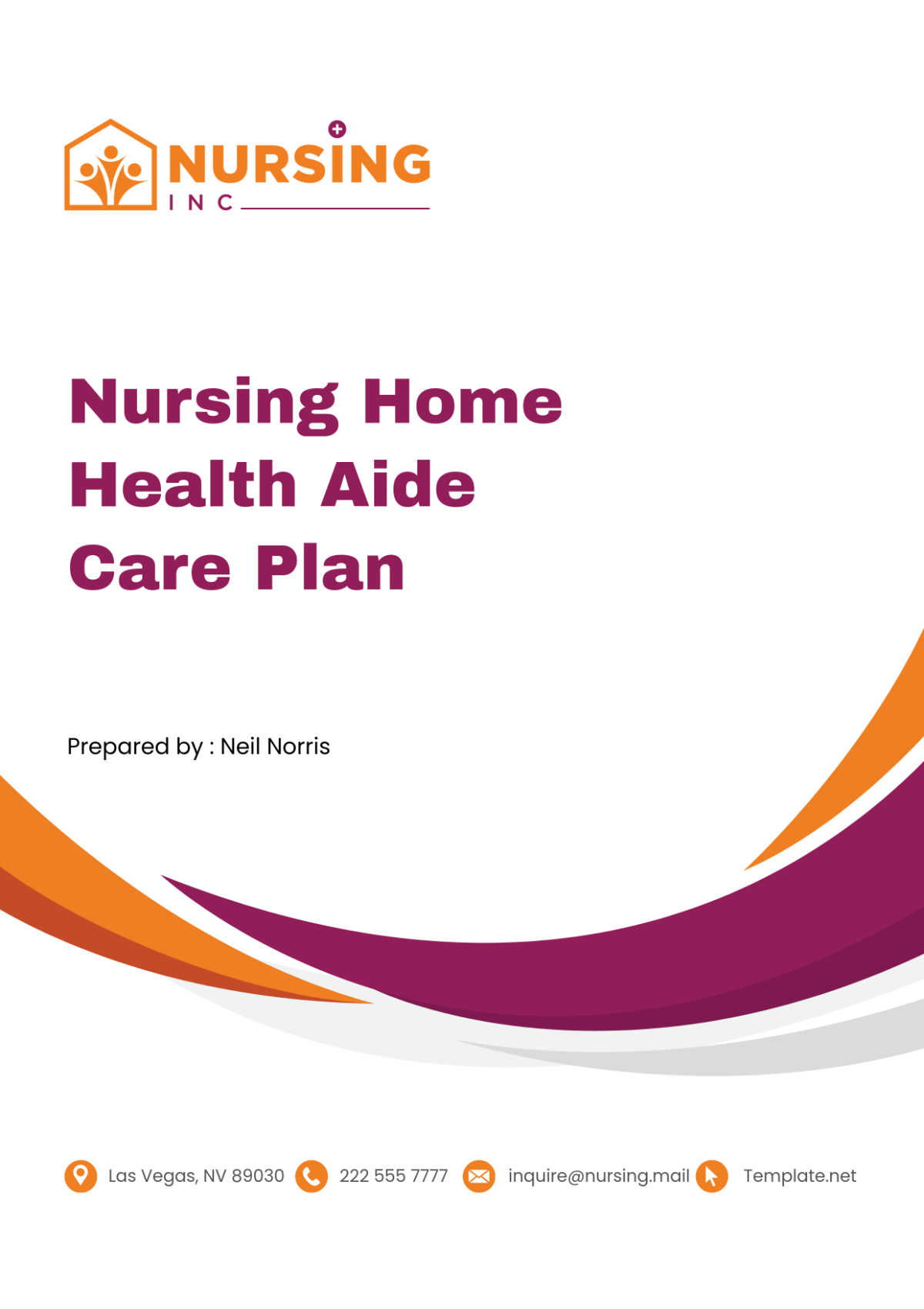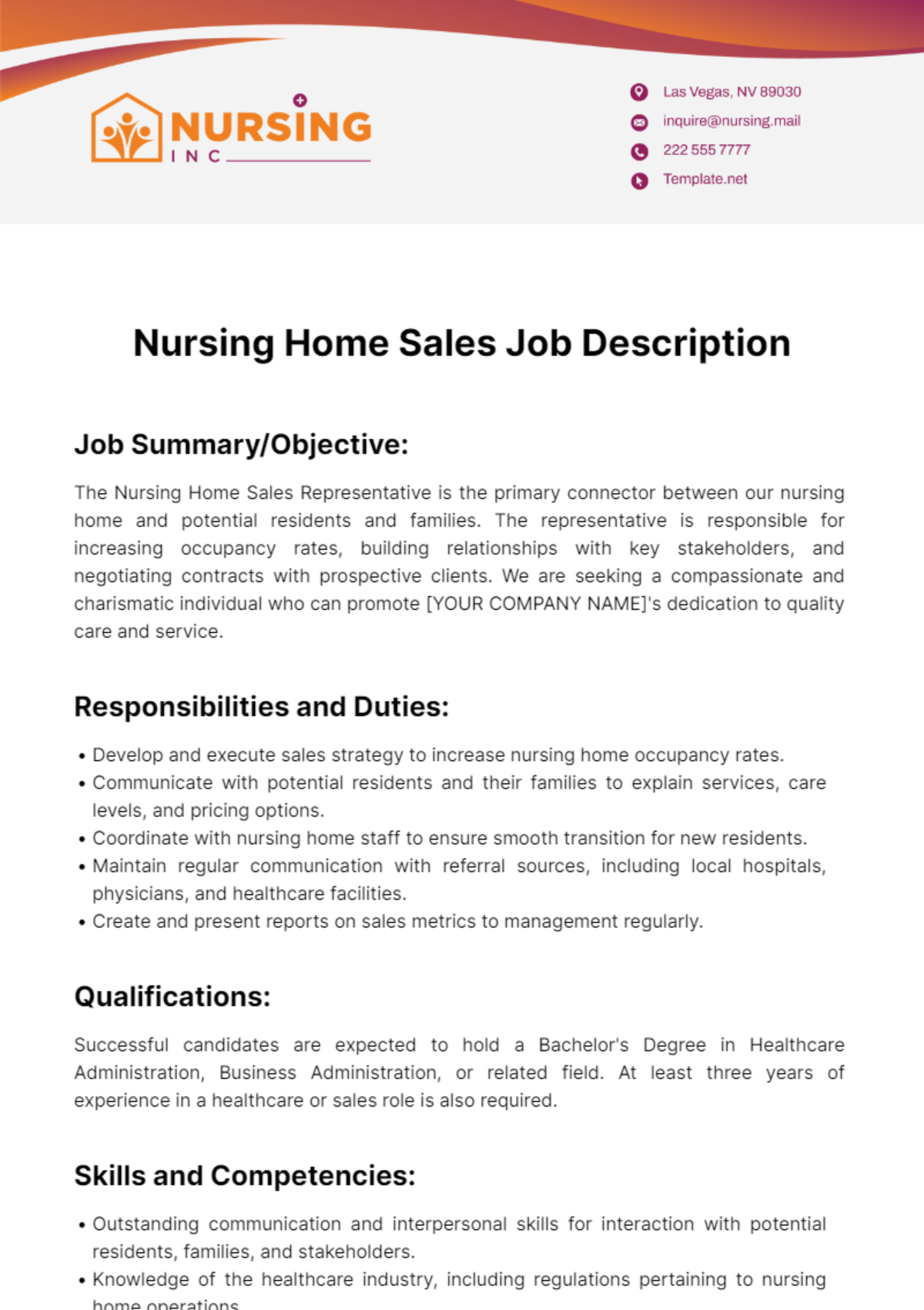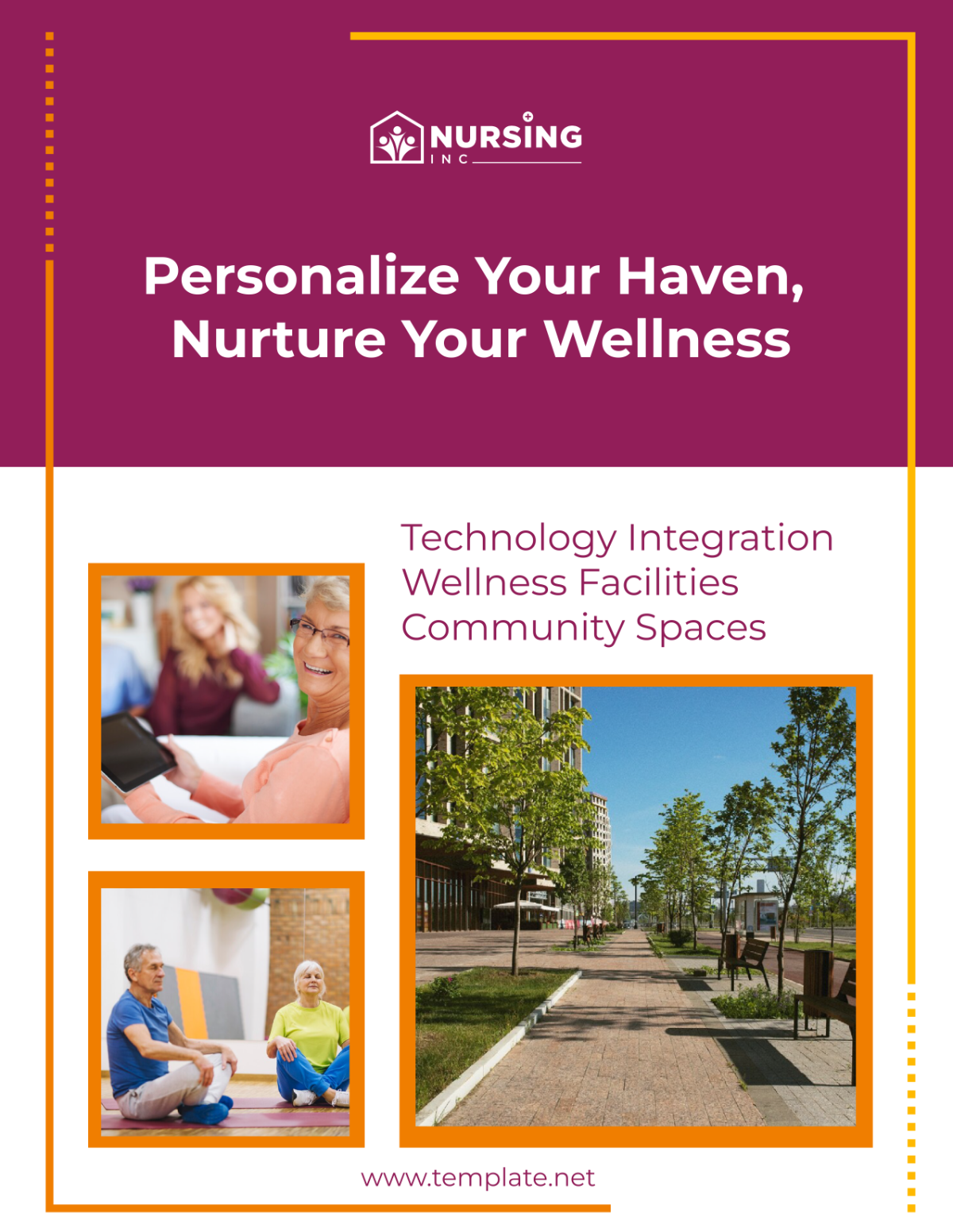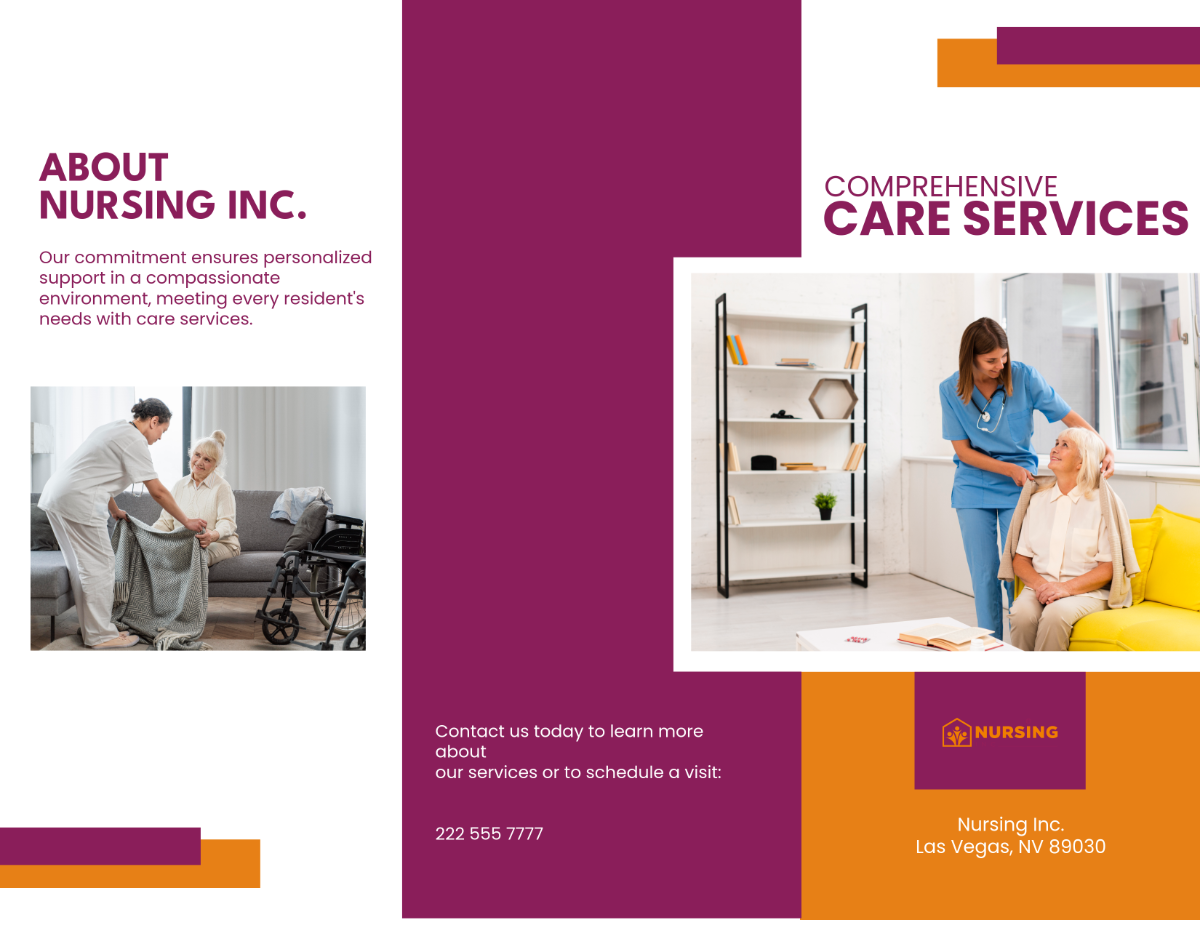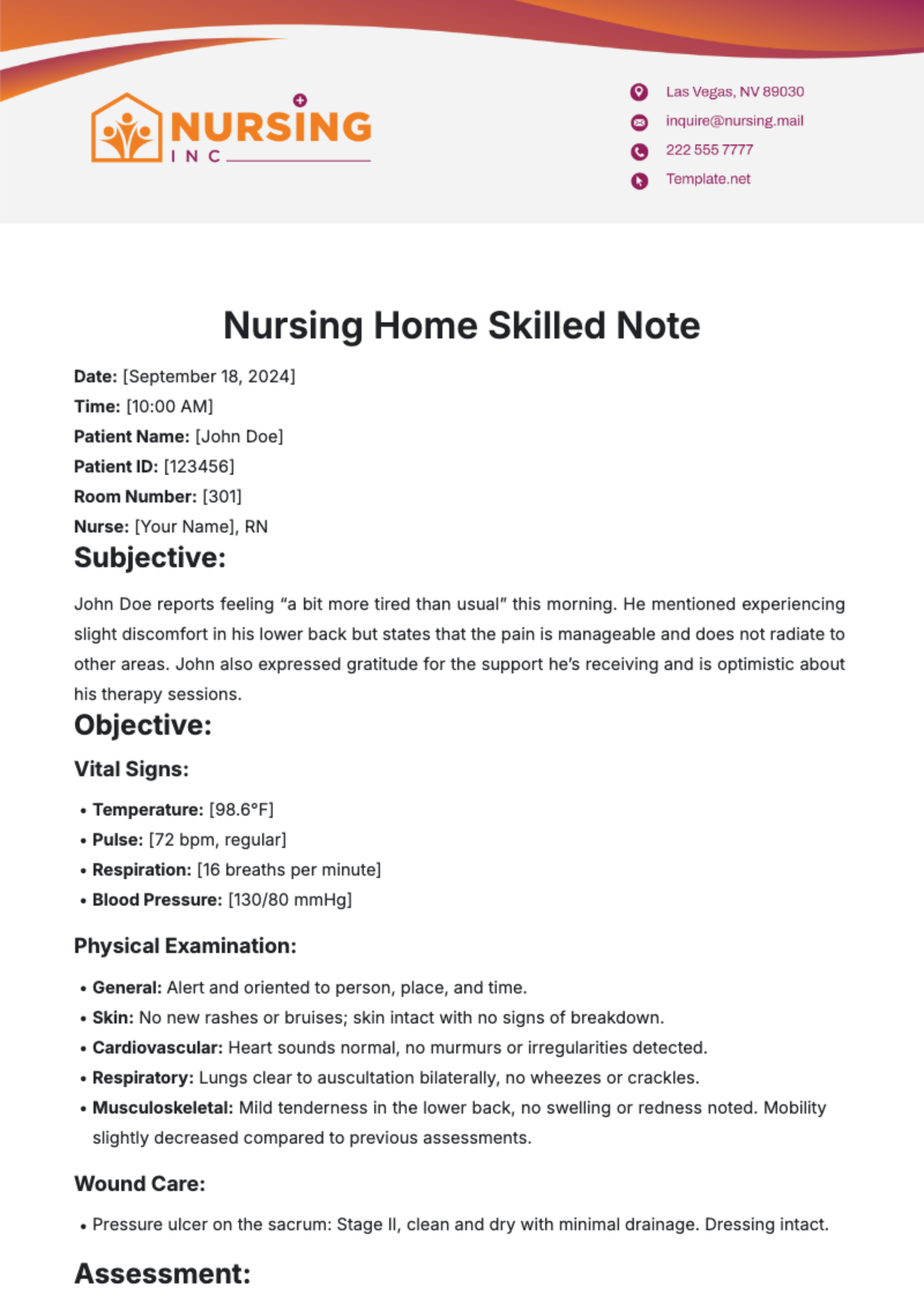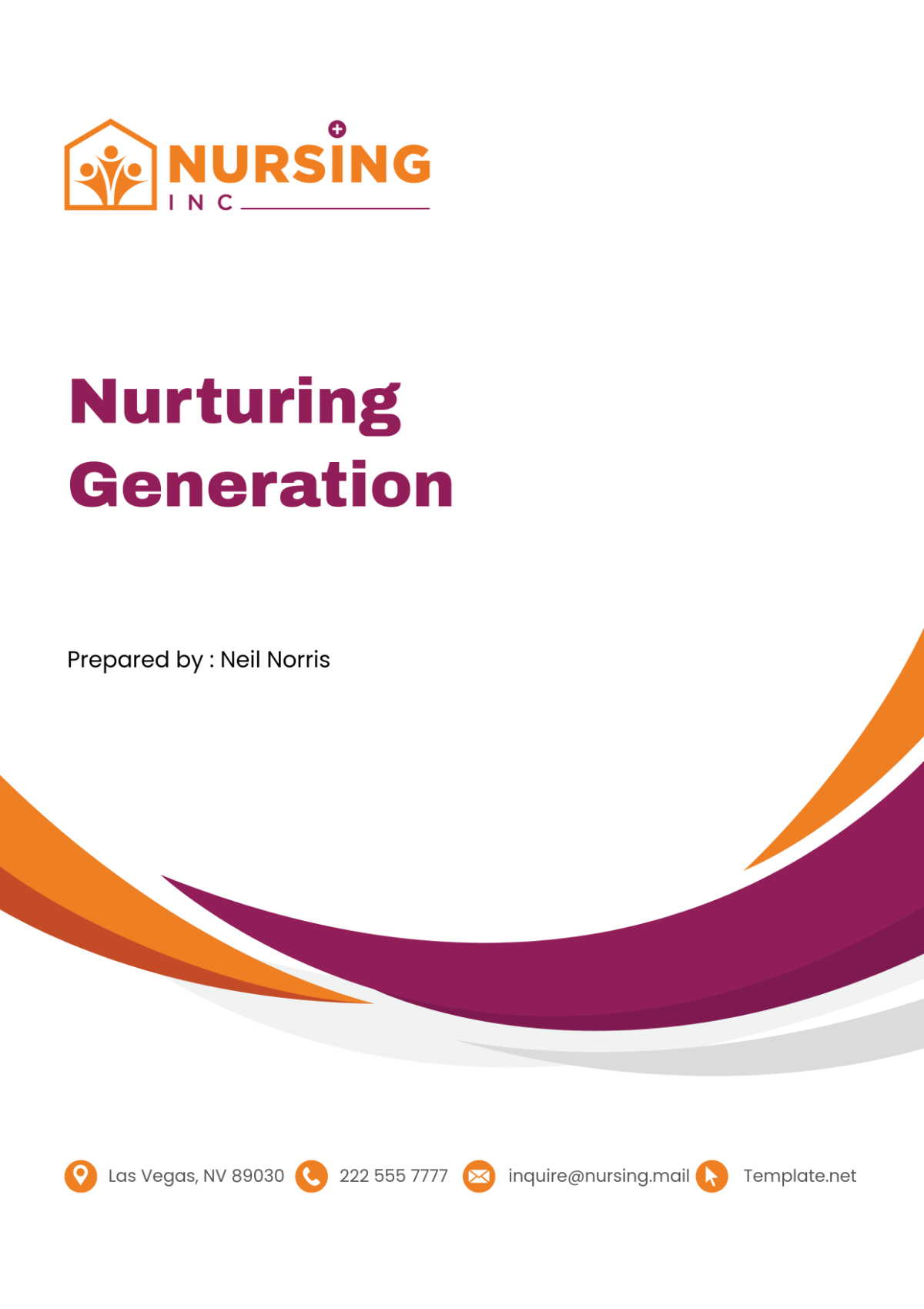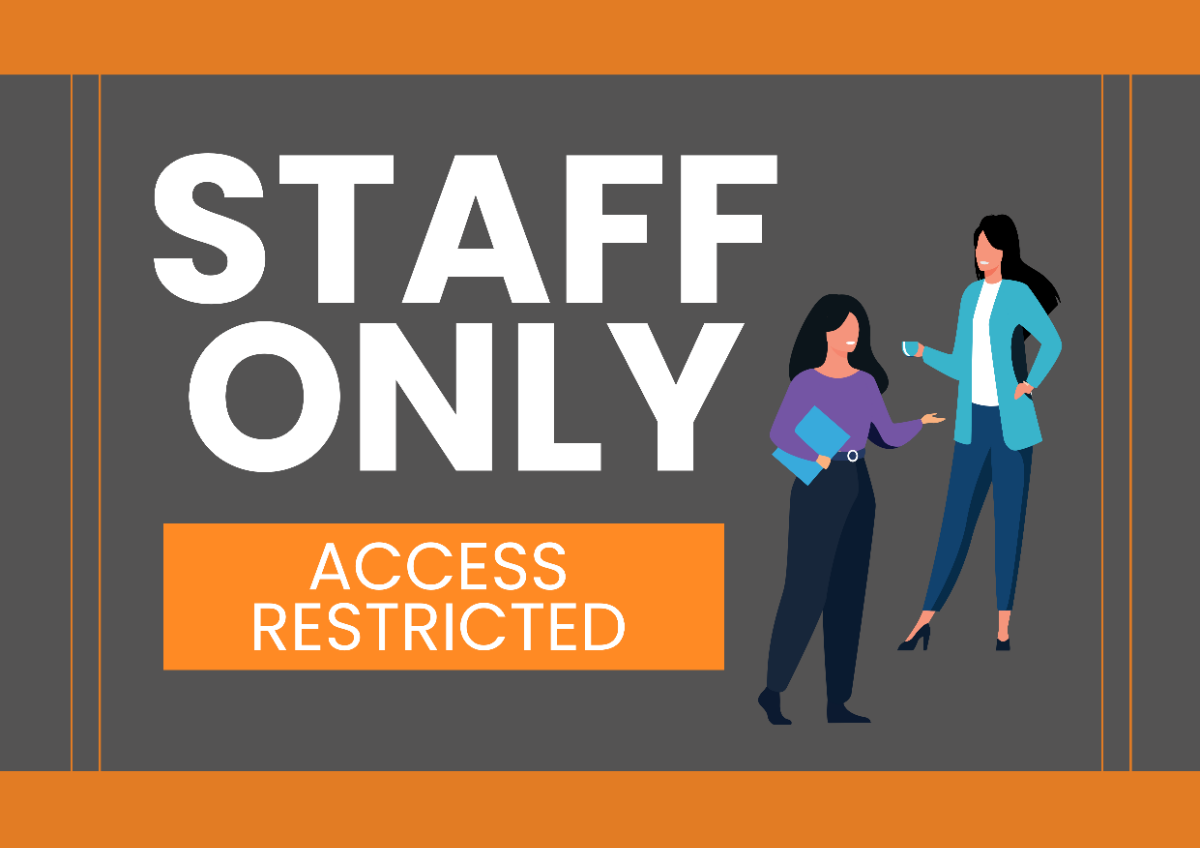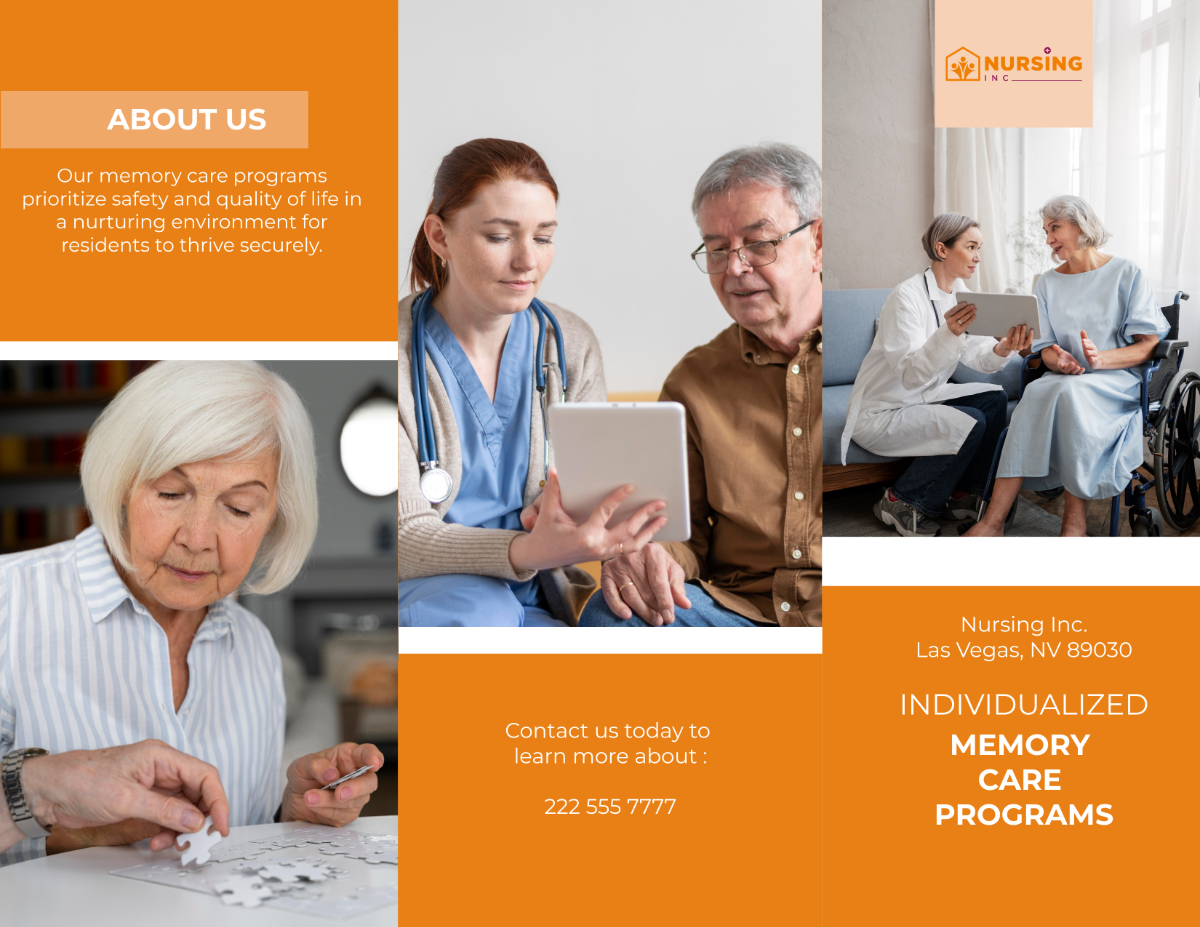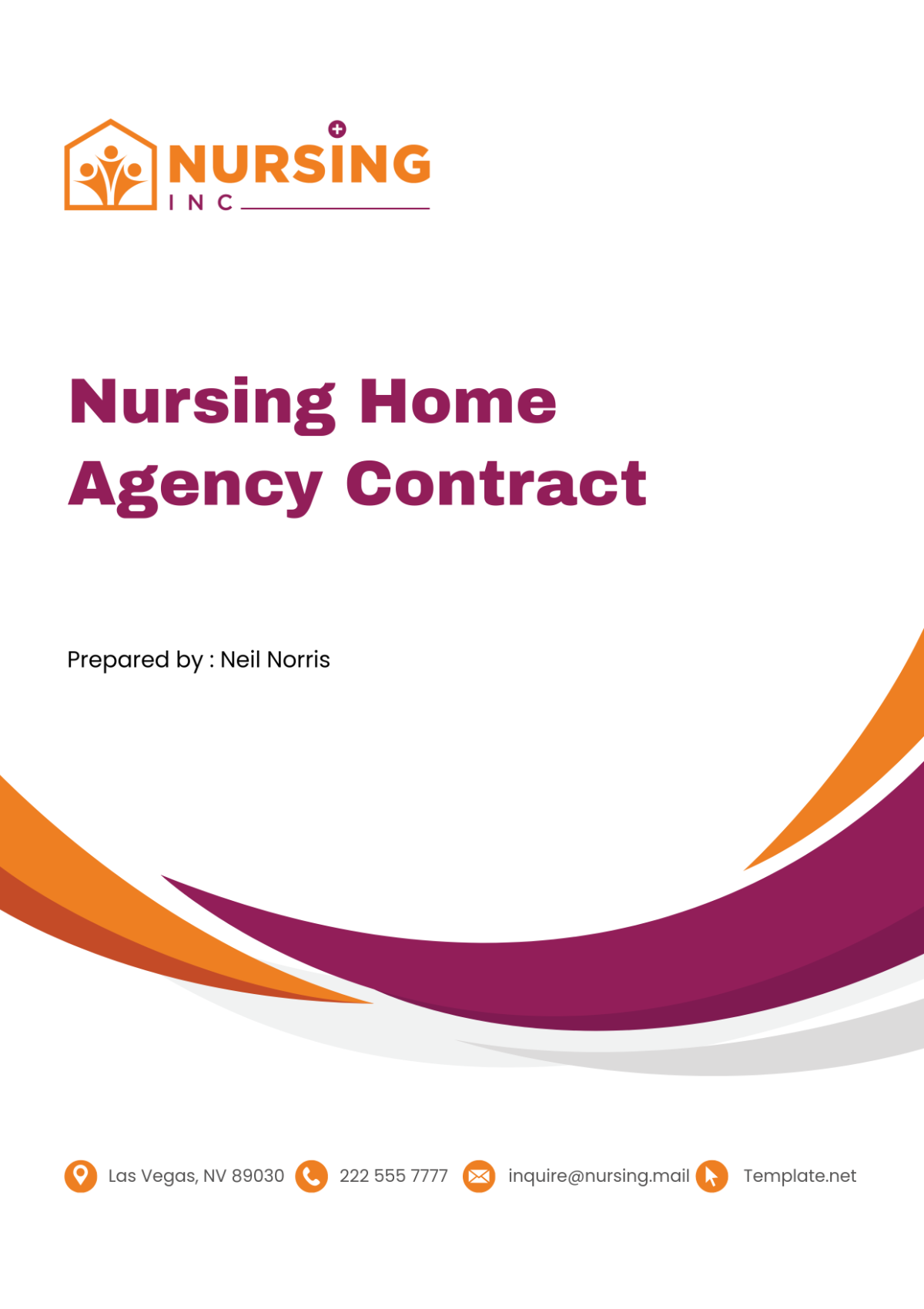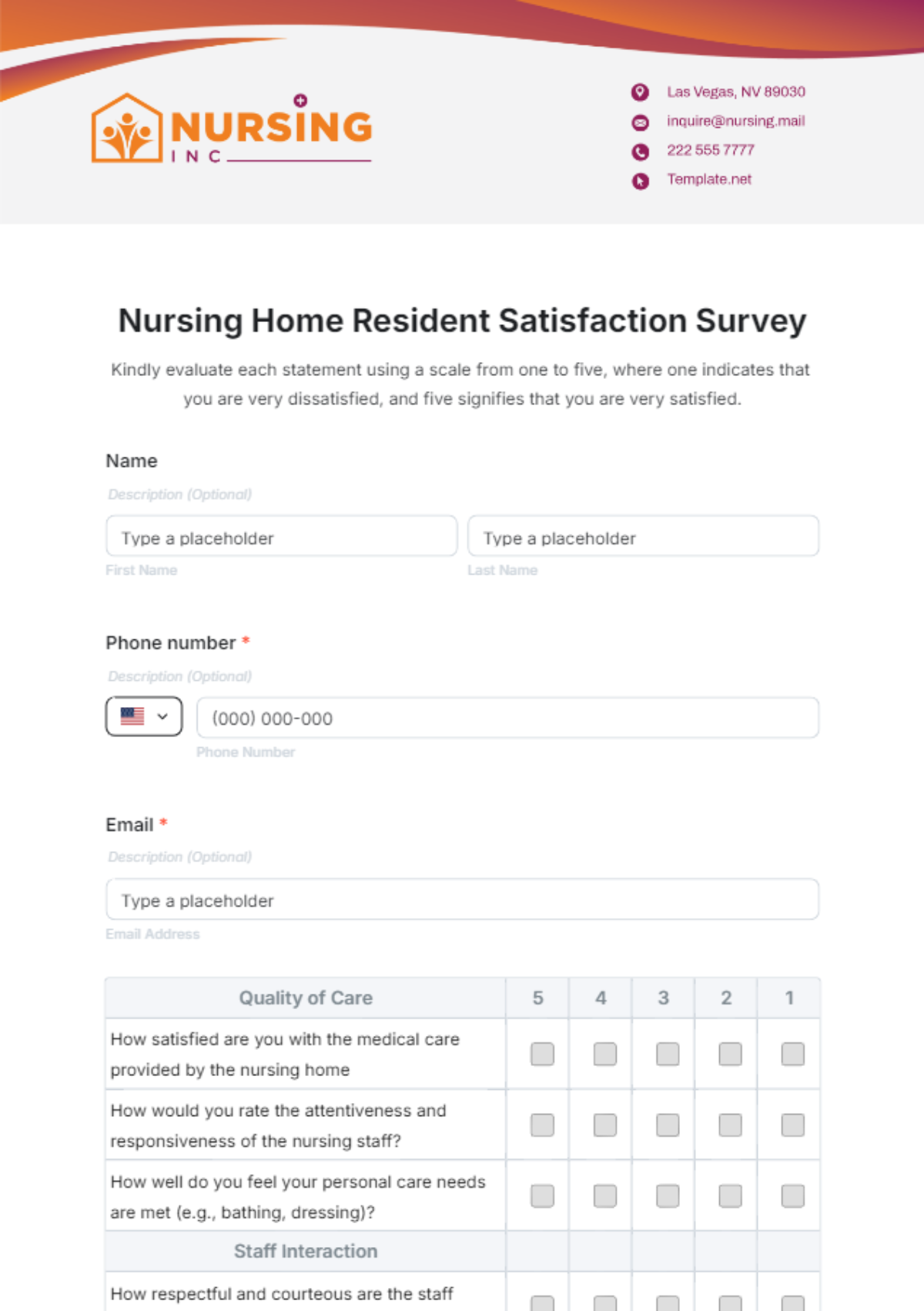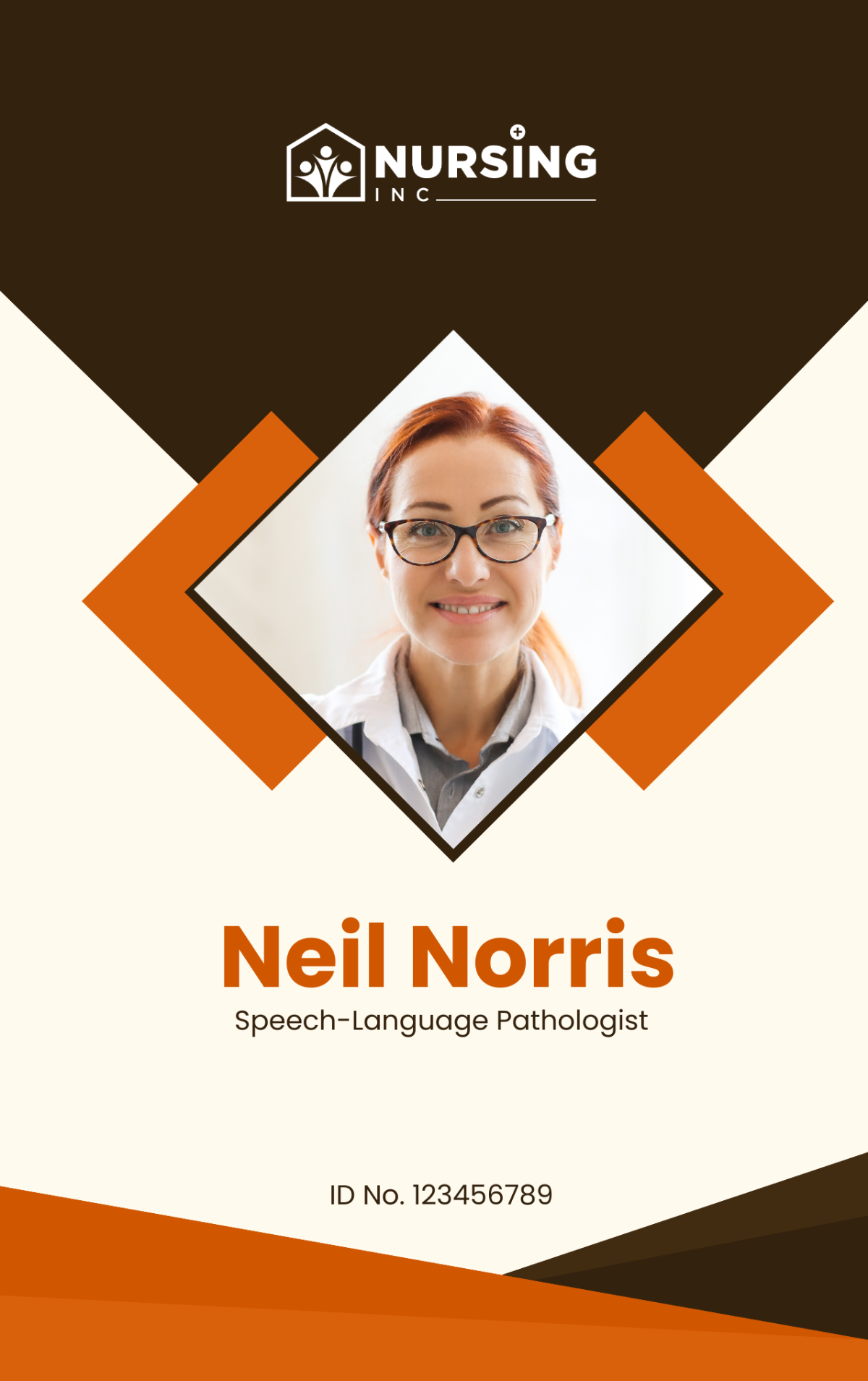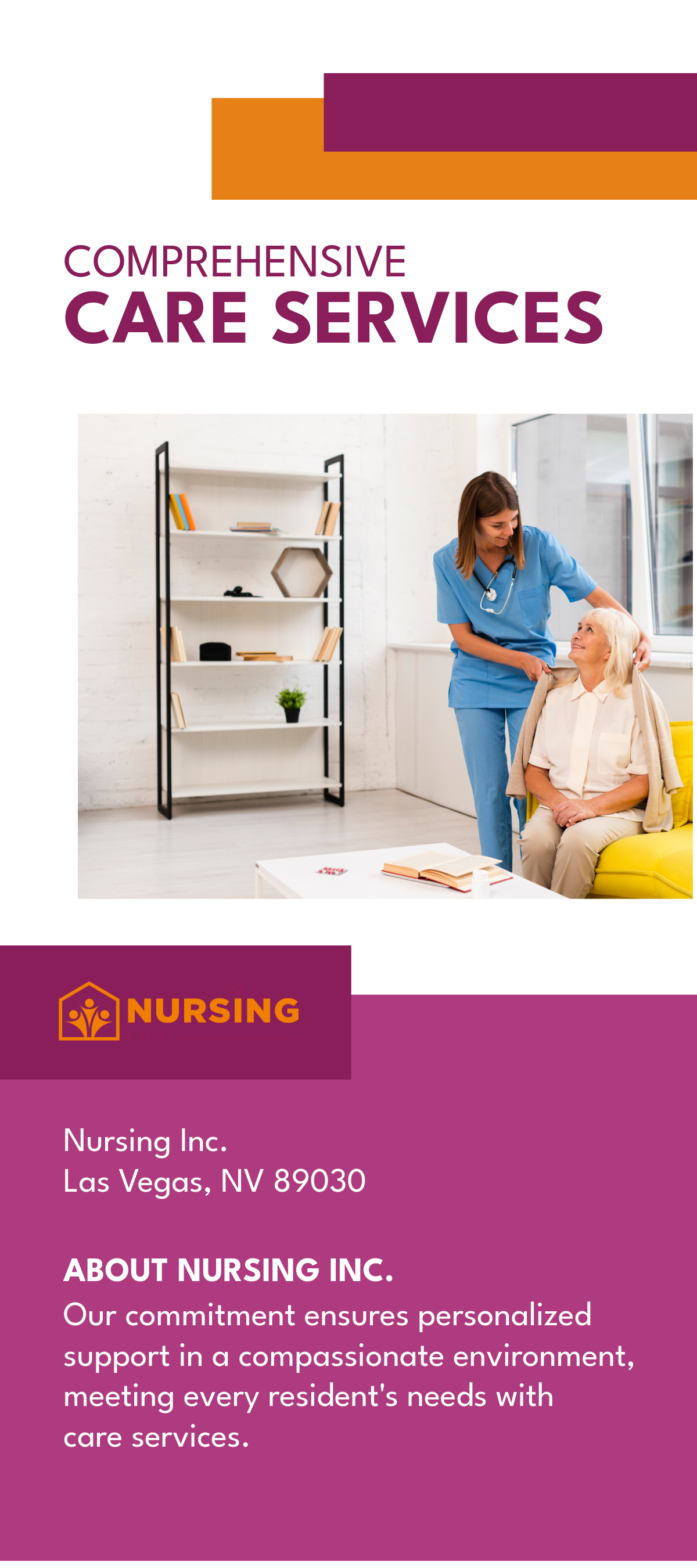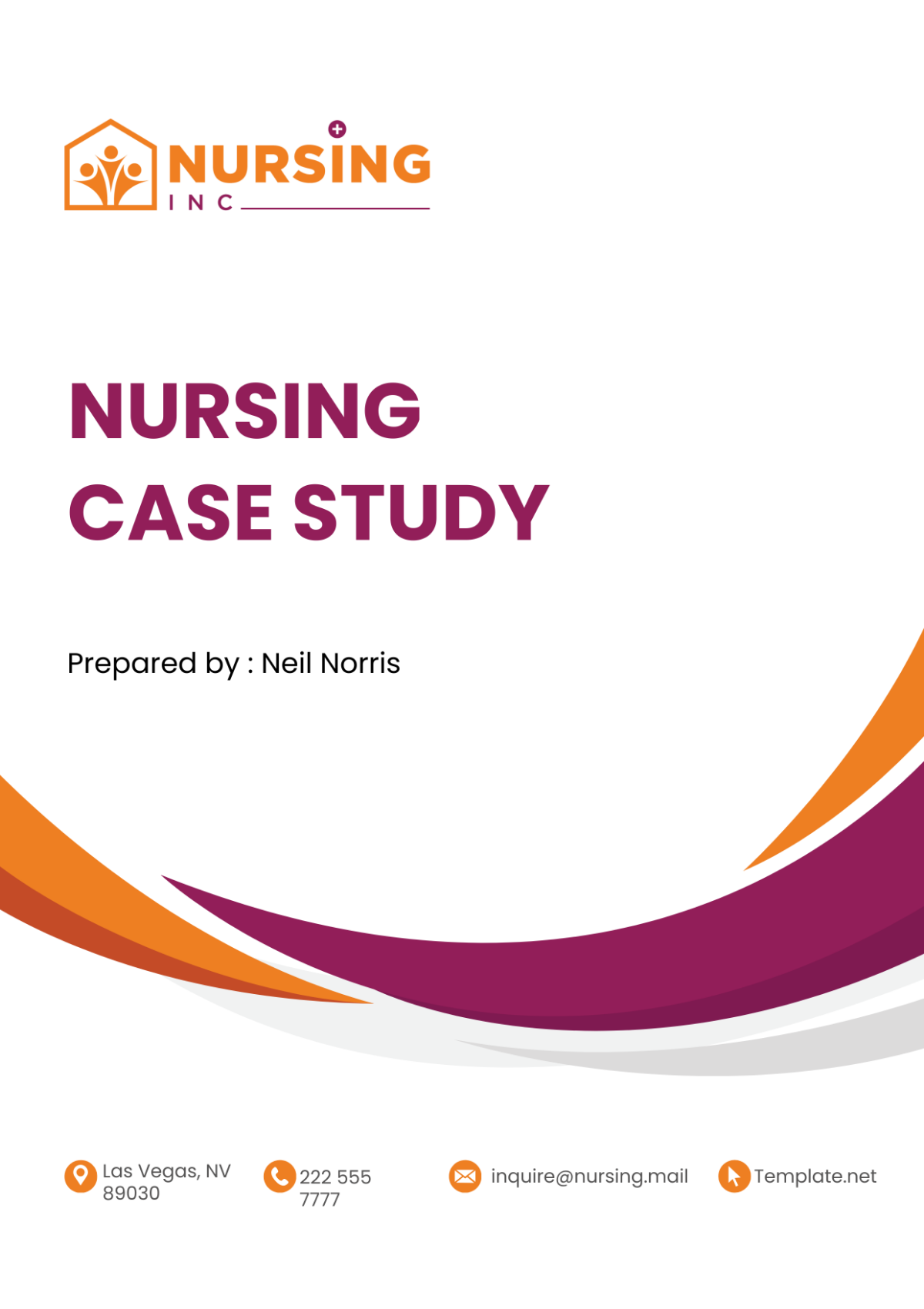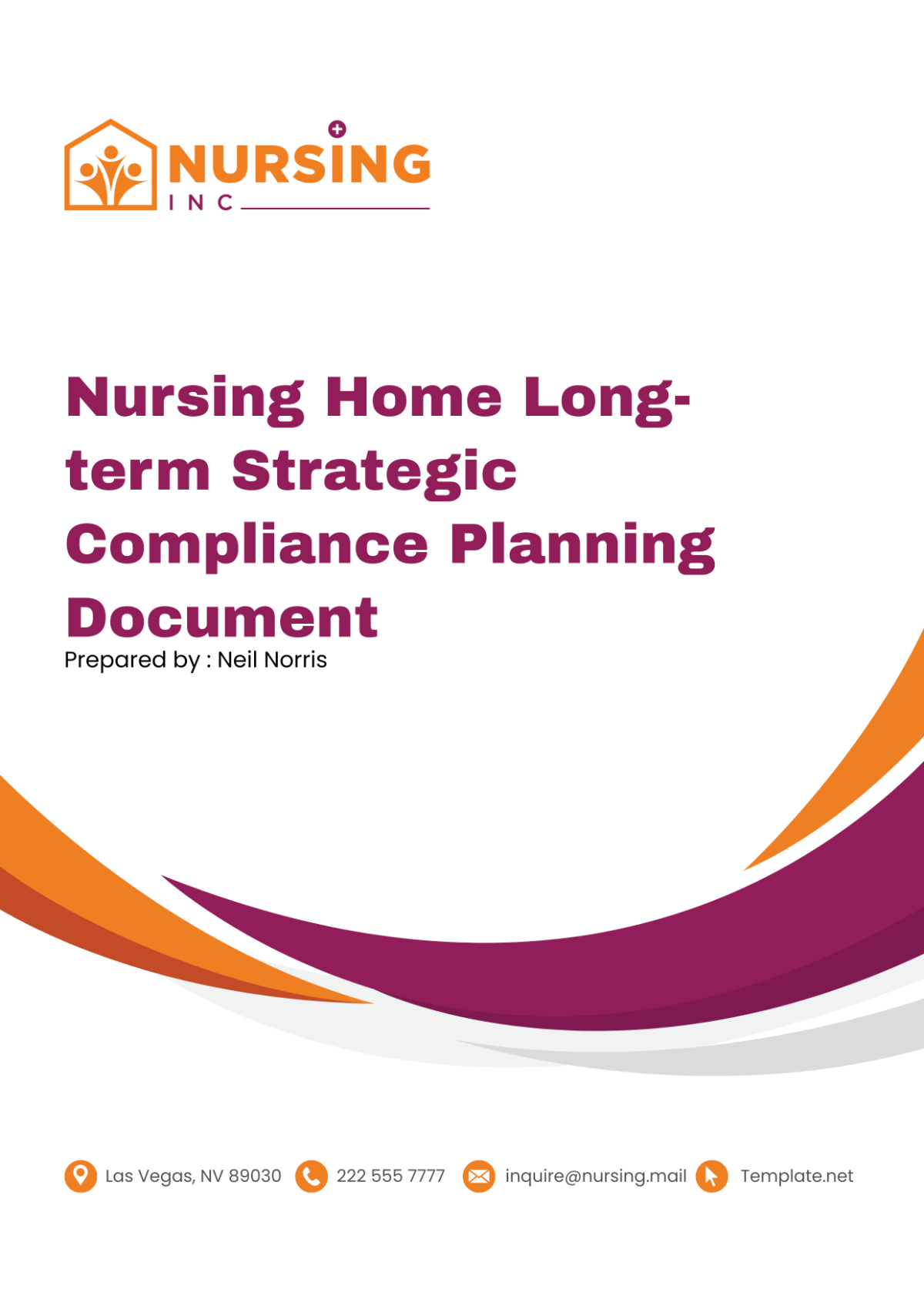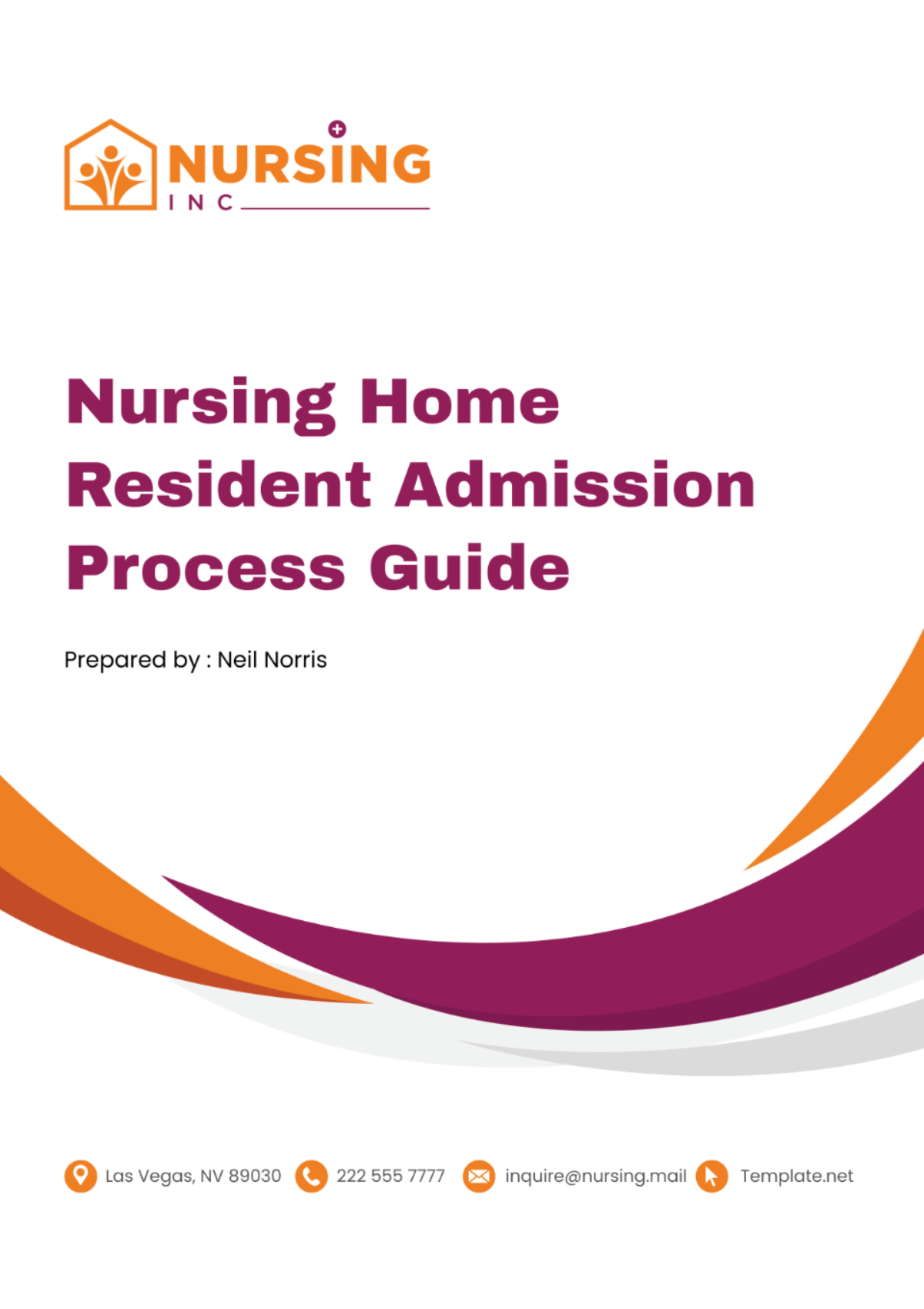Nursing Home Reference Guide
I. Introduction
Welcome to the Reference Guide for [Your Company Name]. This comprehensive document serves as a valuable resource for our administrators, staff members, residents, and their families. Within these pages, you will find essential information, guidelines, and best practices to ensure the provision of high-quality care and services in our nursing home facility.
II. Regulatory Compliance
Compliance with regulatory requirements is paramount to the operation of our nursing home. This section provides an overview of federal, state, and local regulations governing nursing homes, including licensure, certification, and quality standards. It outlines the processes and procedures necessary to maintain compliance and uphold the highest standards of care for our residents.
A. Federal Regulations
Centers for Medicare & Medicaid Services (CMS): As a Medicare and Medicaid-certified facility, we are subject to regulations outlined by CMS. These regulations cover a wide range of areas, including resident rights, quality of care, staffing requirements, infection control, and emergency preparedness. Compliance with CMS regulations is essential for maintaining our certification and eligibility for reimbursement under Medicare and Medicaid programs.
The Omnibus Budget Reconciliation Act (OBRA) of 1987: OBRA '87 establishes federal standards for nursing home facilities participating in Medicare and Medicaid. These standards encompass resident assessment, care planning, quality of life, and quality of care. Compliance with OBRA regulations is essential for ensuring the provision of comprehensive, person-centered care to our residents.
Health Insurance Portability and Accountability Act (HIPAA): HIPAA regulations govern the privacy and security of protected health information (PHI). Compliance with HIPAA is critical to safeguarding the confidentiality and privacy of our residents' medical records and personal information.
B. State Regulations
Department of Health Licensing Requirements: Our nursing home facility is subject to licensing requirements set forth by the state Department of Health. These requirements pertain to facility design and construction, staffing ratios, staff qualifications, resident care standards, and operational policies and procedures. Compliance with state licensing regulations is necessary for obtaining and maintaining our operating license.
State Survey and Certification Process: State health departments conduct regular surveys and inspections of nursing home facilities to assess compliance with state regulations and ensure the quality of care provided to residents. Understanding the state survey and certification process is essential for preparing for and responding to regulatory inspections effectively.
C. Local Regulations
In addition to state regulations, our nursing home facility must comply with local health department requirements. These requirements may include zoning regulations, environmental health standards, and other local ordinances governing healthcare facilities.
D. Quality Assurance and Performance Improvement (QAPI)
CMS mandates that nursing home facilities implement a Quality Assurance and Performance Improvement (QAPI) program aimed at continuously monitoring and improving the quality of care and services provided. Our facility is required to develop and implement a QAPI plan that addresses areas such as resident outcomes, resident safety, clinical care, and customer satisfaction.
III. Clinical Care Guidelines
Our clinical care guidelines are designed to promote excellence in resident care. This section provides protocols and best practices for resident assessment, care planning, medication management, infection control, wound care, and other clinical procedures. It emphasizes the importance of evidence-based practices and interdisciplinary collaboration to ensure the health and well-being of our residents.
Resident Assessment and Care Planning:
Conduct comprehensive initial assessments for all residents upon admission to identify their healthcare needs, preferences, and goals.
Develop individualized care plans based on assessment findings, incorporating input from residents, families, and interdisciplinary healthcare team members.
Regularly review and update care plans to reflect changes in residents' conditions, preferences, and treatment goals.
Medication Management:
Establish protocols for medication administration, storage, and reconciliation to ensure accuracy and safety.
Conduct medication reviews regularly to identify potential drug interactions, adverse effects, and opportunities for optimization.
Educate staff members on proper medication administration techniques, including dosage calculation, medication administration routes, and monitoring for therapeutic effects and adverse reactions.
Infection Control:
Implement infection control protocols to prevent the spread of infectious diseases within the facility.
Promote hand hygiene practices among staff members, residents, and visitors.
Maintain cleanliness and sanitation in resident care areas, including proper disinfection of high-touch surfaces and medical equipment.
Educate staff members on infection control measures, including standard precautions, transmission-based precautions, and outbreak management protocols.
Wound Care:
Assess and document wounds promptly upon identification, including wound size, depth, appearance, and presence of drainage or necrosis.
Develop individualized wound care plans based on wound characteristics, resident preferences, and evidence-based practices.
Implement appropriate wound care interventions, such as cleansing, debridement, dressing selection, and offloading, to facilitate healing and prevent complications.
Monitor wound progress regularly, reassessing wound status and modifying treatment plans as needed.
Nutritional Support:
Screen residents for malnutrition risk upon admission and periodically thereafter using validated assessment tools.
Collaborate with registered dietitians to develop personalized nutrition plans based on residents' nutritional needs, dietary preferences, and medical conditions.
Monitor residents' nutritional status regularly, including weight trends, dietary intake, and laboratory values (e.g., albumin, prealbumin).
Provide nutritional support interventions as needed, such as oral supplements, enteral feeding, or therapeutic diets, to address malnutrition or prevent further decline in nutritional status.
IV. Staffing and Training
Our staff members are the heart of our nursing home facility. This section outlines staffing ratios, qualifications, training programs, and continuing education requirements for nurses, aides, therapists, and other personnel. It emphasizes the importance of ongoing professional development and support to enhance the skills and knowledge of our staff members and promote a culture of excellence in care delivery.
Staffing Ratios and Qualifications:
Establish appropriate staffing ratios to ensure adequate coverage for resident care needs across all shifts.
Define minimum qualifications and credentials for nursing and direct care staff members, including licensed nurses (RN, LPN), certified nursing assistants (CNAs), therapists, and other allied health professionals.
Ensure compliance with state regulations regarding staffing ratios and staff qualifications to promote resident safety and quality of care.
Orientation and Onboarding Programs:
Develop comprehensive orientation and onboarding programs for new staff members to familiarize them with facility policies, procedures, and expectations.
Provide training on resident rights, infection control practices, emergency procedures, communication skills, and cultural competency to promote staff competence and confidence in their roles.
Continuing Education and Professional Development:
Offer ongoing opportunities for staff members to participate in continuing education programs, workshops, seminars, and conferences relevant to their roles and responsibilities.
Encourage staff members to pursue professional certifications, licensure renewals, and specialty training to enhance their knowledge and skills in specific areas of practice.
Clinical Skills Training:
Provide hands-on training and skills validation sessions for nursing and direct care staff members to ensure competence in clinical procedures such as medication administration, wound care, vital signs monitoring, and mobility assistance.
Offer refresher courses and competency assessments periodically to reinforce clinical skills and identify areas for improvement or additional training.
Leadership Development:
Foster leadership development opportunities for supervisory and managerial staff members to enhance their ability to effectively lead, mentor, and support frontline care staff.
Provide training in management principles, conflict resolution, team building, performance management, and communication strategies to promote effective leadership and collaboration within the workforce.
Cultural Competency and Diversity Training:
Offer training on cultural competency and diversity awareness to help staff members understand and respect the diverse backgrounds, beliefs, and preferences of residents and their families.
Provide education on culturally sensitive communication, dietary practices, religious customs, and end-of-life care preferences to ensure culturally competent and person-centered care delivery.
V. Resident Rights and Advocacy
Resident rights are fundamental to our philosophy of care. This section explains resident rights, responsibilities, and grievance procedures, along with resources for resident advocacy and support. It underscores our commitment to promoting autonomy, dignity, and respect for each individual resident and empowering them to actively participate in their care and decision-making processes.
Dignity and Respect: Residents have the right to be treated with dignity, respect, and consideration for their individuality and autonomy.
Privacy: Residents have the right to privacy in their personal and medical affairs, including the confidentiality of their medical records and communications.
Freedom from Abuse and Neglect: Residents have the right to be free from abuse, neglect, exploitation, and mistreatment in any form.
Freedom of Choice: Residents have the right to make choices about their daily routines, activities, healthcare decisions, and personal preferences.
Access to Information: Residents have the right to access information about their medical conditions, treatment options, and care plans in a language and format they can understand.
Participation in Care Planning: Residents have the right to participate in the development of their care plans, including voicing their preferences, goals, and concerns.
Visitation: Residents have the right to receive visitors of their choosing at reasonable times and without restriction, except when medically contraindicated or when it infringes upon the rights of other residents.
Communication: Residents have the right to communicate freely and openly with family members, friends, caregivers, and advocacy organizations.
Quality of Life: Residents have the right to live in an environment that promotes their physical, mental, and psychosocial well-being and enhances their quality of life.
Grievance Resolution: Residents have the right to voice grievances, complaints, or concerns about their care or living conditions without fear of retaliation, and to have their concerns addressed promptly and effectively by facility staff.
VI. Safety and Emergency Preparedness
Ensuring the safety and well-being of our residents is a top priority. This section provides policies and procedures for preventing accidents and injuries, as well as responding to emergencies such as fires, natural disasters, and medical crises.
Emergency Response Plan: Develop and maintain a comprehensive emergency response plan that outlines protocols for various emergency situations, including fires, severe weather, power outages, and medical emergencies.
Staff Training and Drills: Provide regular training sessions and drills for staff members to familiarize them with emergency procedures, evacuation routes, and their roles and responsibilities during emergencies.
Communication Systems: Establish reliable communication systems, including emergency notification systems, two-way radios, and phone trees, to facilitate timely communication among staff members, residents, families, and emergency responders.
Emergency Supplies and Equipment: Maintain adequate supplies of emergency provisions, including first aid kits, flashlights, batteries, food, water, and medical supplies, to sustain residents and staff during emergencies.
Evacuation Planning: Develop evacuation plans tailored to the specific needs of residents, including those with mobility impairments, cognitive deficits, or medical dependencies. Coordinate with local authorities, transportation providers, and neighboring facilities to facilitate safe and efficient evacuations when necessary.
Continuity of Care: Implement measures to ensure continuity of care and support for residents during emergencies, including provisions for medication administration, medical treatment, personal care, and psychosocial support. Collaborate with healthcare partners, community agencies, and emergency management authorities to coordinate care transitions and access additional resources as needed.
VII. Ethical and Legal Considerations
Ethical and legal considerations guide our decision-making and practice. This section addresses ethical principles, legal obligations, advance directives, end-of-life care, and decision-making processes for residents and their families. It emphasizes the importance of upholding ethical standards and respecting the rights and wishes of our residents, particularly in sensitive situations involving medical treatment and decision-making.
Informed Consent: Ensure residents or their legal representatives are provided with sufficient information to make informed decisions about their care and treatment, including the risks, benefits, and alternatives.
Advance Directives: Respect and honor residents' advance directives, such as living wills and healthcare proxies, which outline their preferences for medical treatment and end-of-life care in the event they become incapacitated.
End-of-Life Care: Provide compassionate and culturally sensitive end-of-life care that respects residents' wishes, values, and beliefs, and supports their comfort, dignity, and quality of life during the dying process.
Confidentiality and Privacy: Protect residents' confidentiality and privacy rights by maintaining the security and confidentiality of their medical records, personal information, and communications in accordance with HIPAA regulations and ethical principles.
Autonomy and Decision-Making: Respect residents' autonomy and decision-making capacity by involving them in care planning and decision-making processes to the fullest extent possible, while also providing support and guidance when needed.
Reporting and Documentation: Fulfill legal obligations to report suspected cases of abuse, neglect, exploitation, or other violations of residents' rights to appropriate authorities, and maintain accurate and timely documentation of such incidents in residents' records.
VIII. Additional Resources
This section provides references to relevant organizations, publications, websites, and other resources for further information and support in addressing specific issues or challenges faced by nursing home administrators and staff. It serves as a valuable tool for accessing additional information, guidance, and support to enhance the quality of care and services provided in our nursing home facility.
American Association of Retired Persons (AARP)
National Consumer Voice for Quality Long-Term Care
Centers for Medicare & Medicaid Services (CMS) - Nursing Home Compare
National Institute on Aging (NIA)
Alzheimer's Association
American Health Care Association (AHCA)
National Center for Assisted Living (NCAL)
LeadingAge
Joint Commission on Accreditation of Healthcare Organizations (JCAHO)
National Council on Aging (NCOA)
